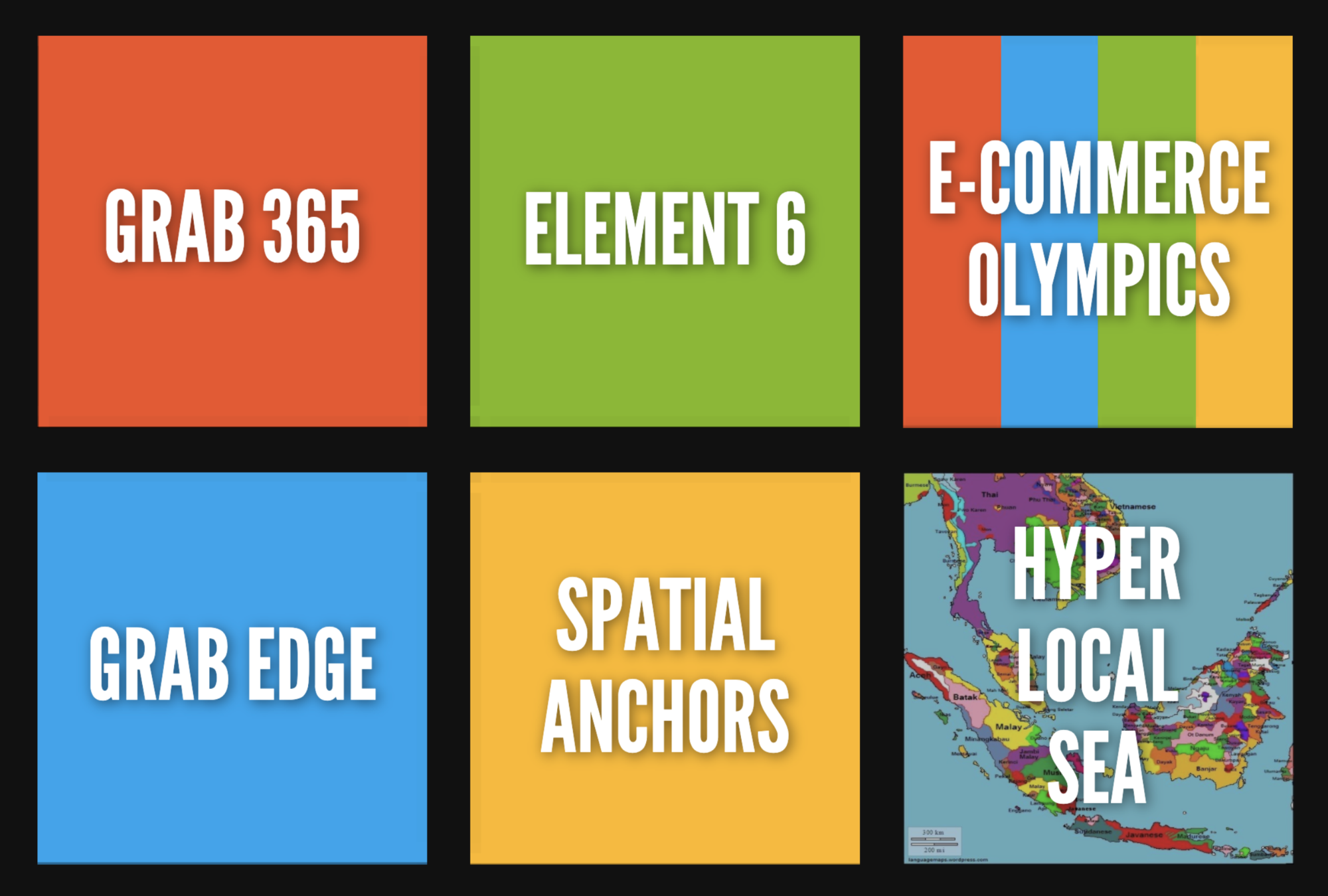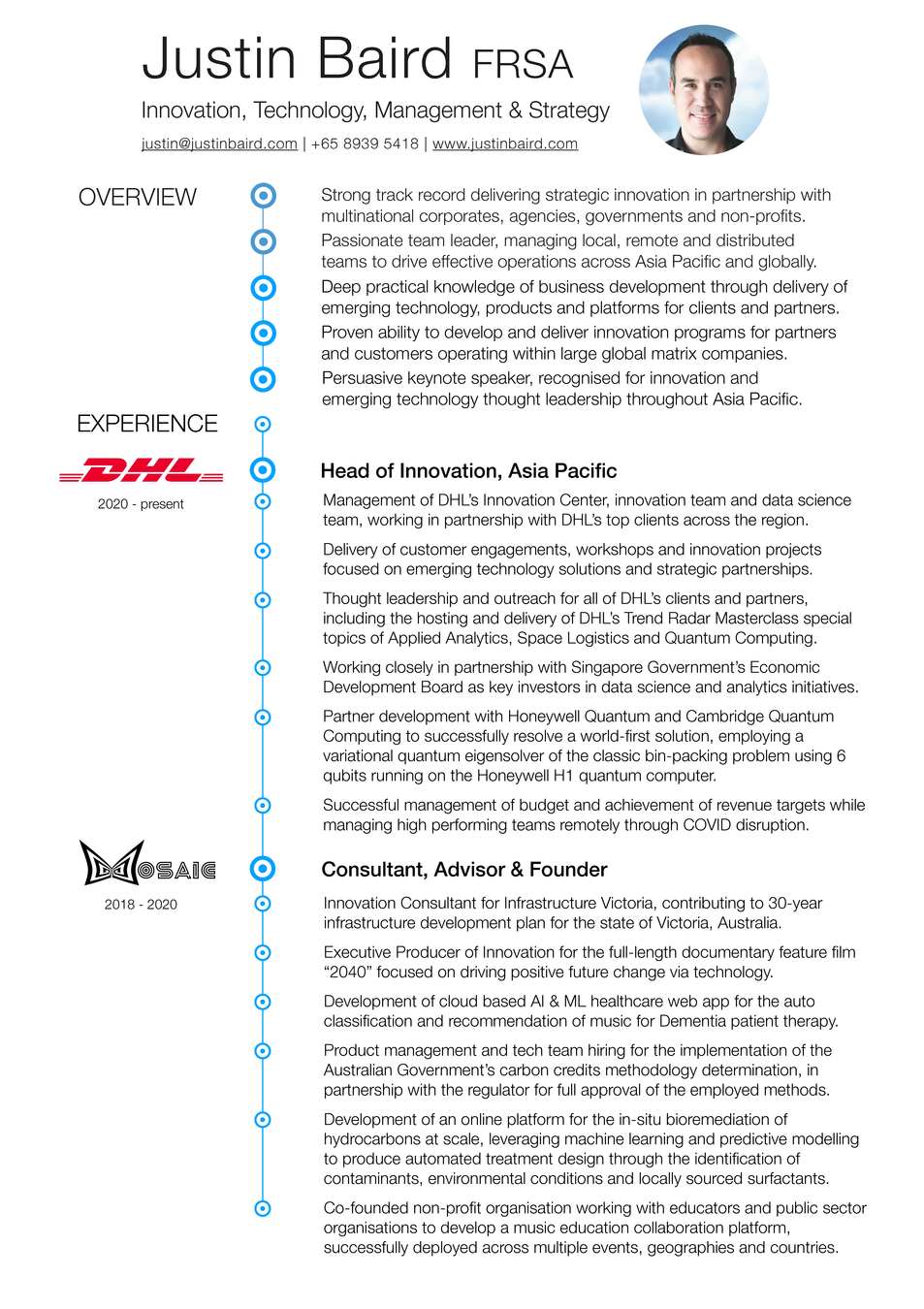
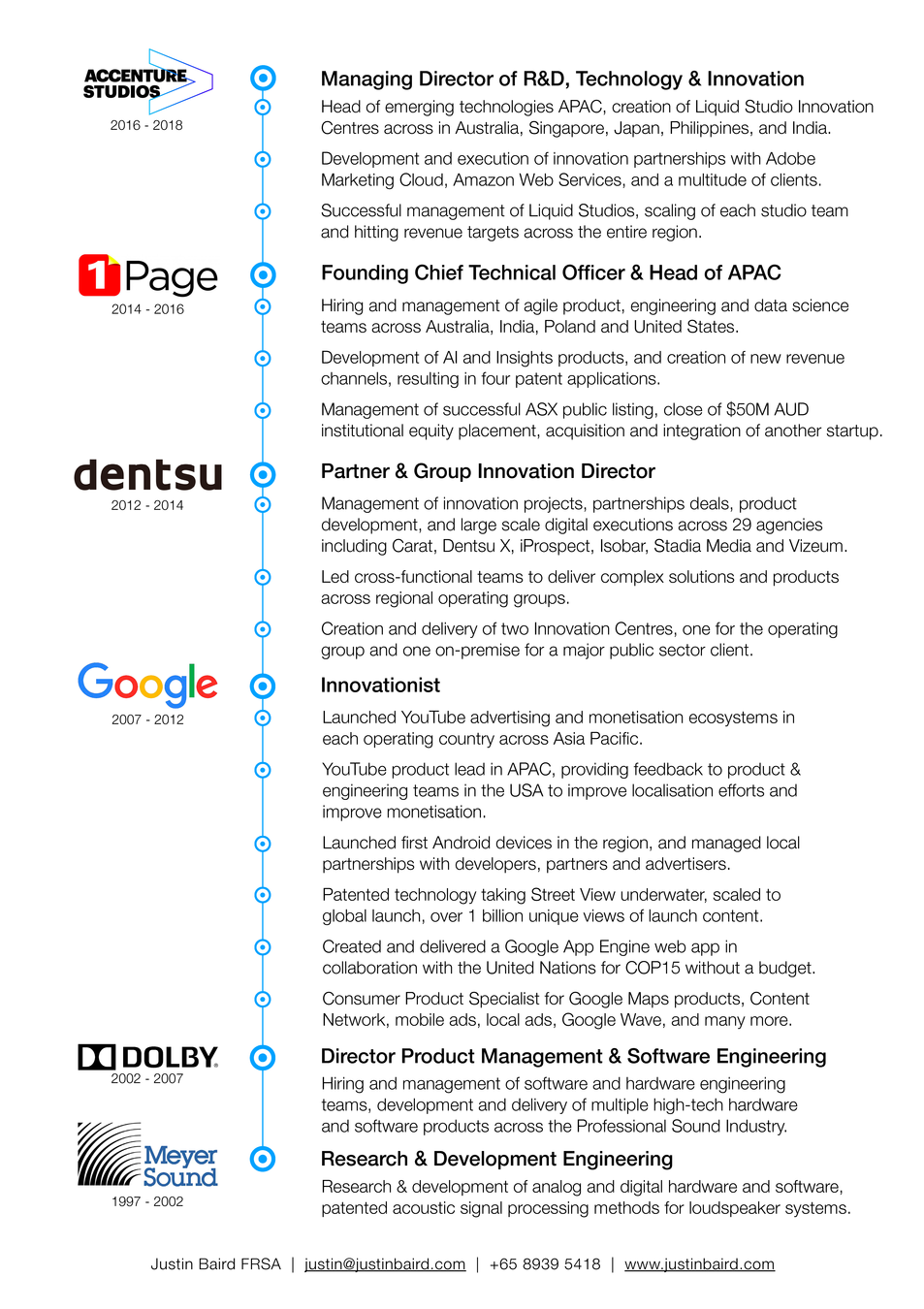
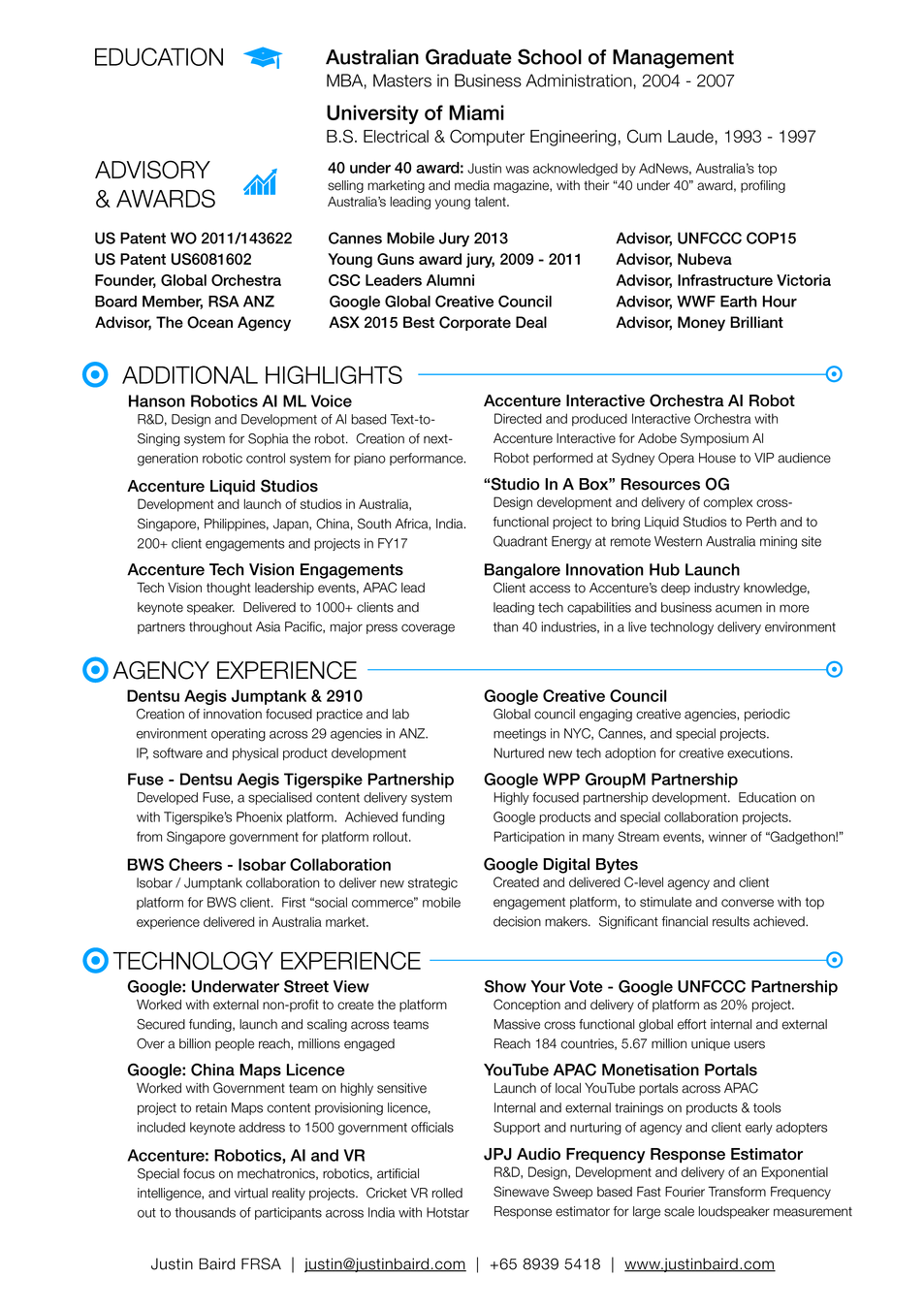

GRAB 365
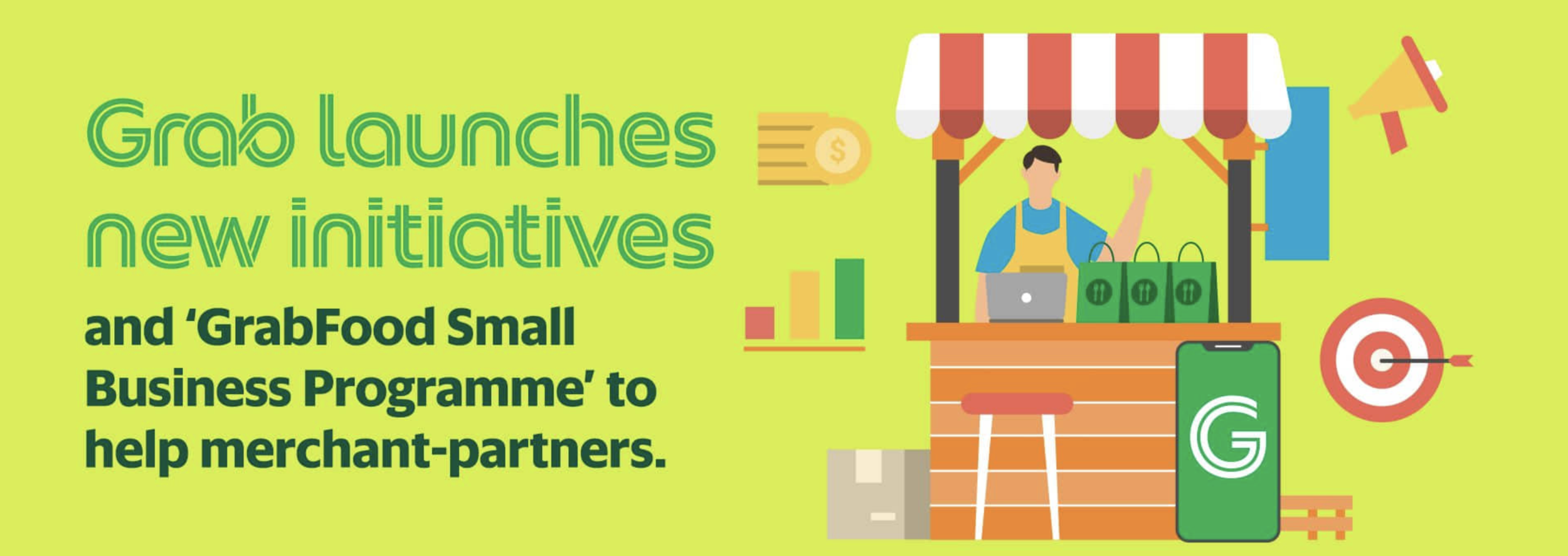
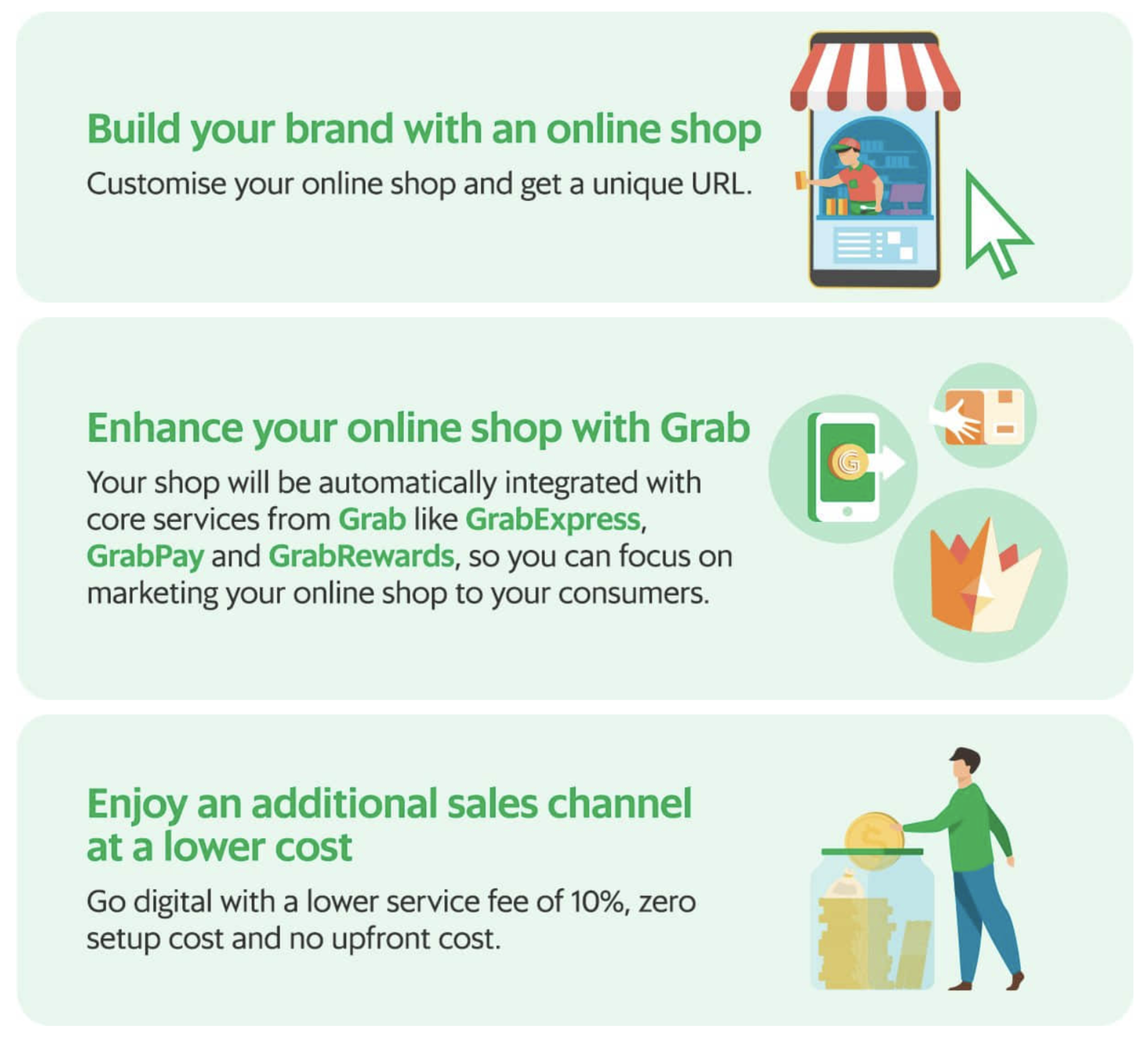
GRAB 365
Grab has an active focused strategy on developing SMBs.
Grab 365 integrates O365 into the program, bringing all the productivity benefits plus integration into the Microsoft Advertising Digital Marketing Center ecosystem.
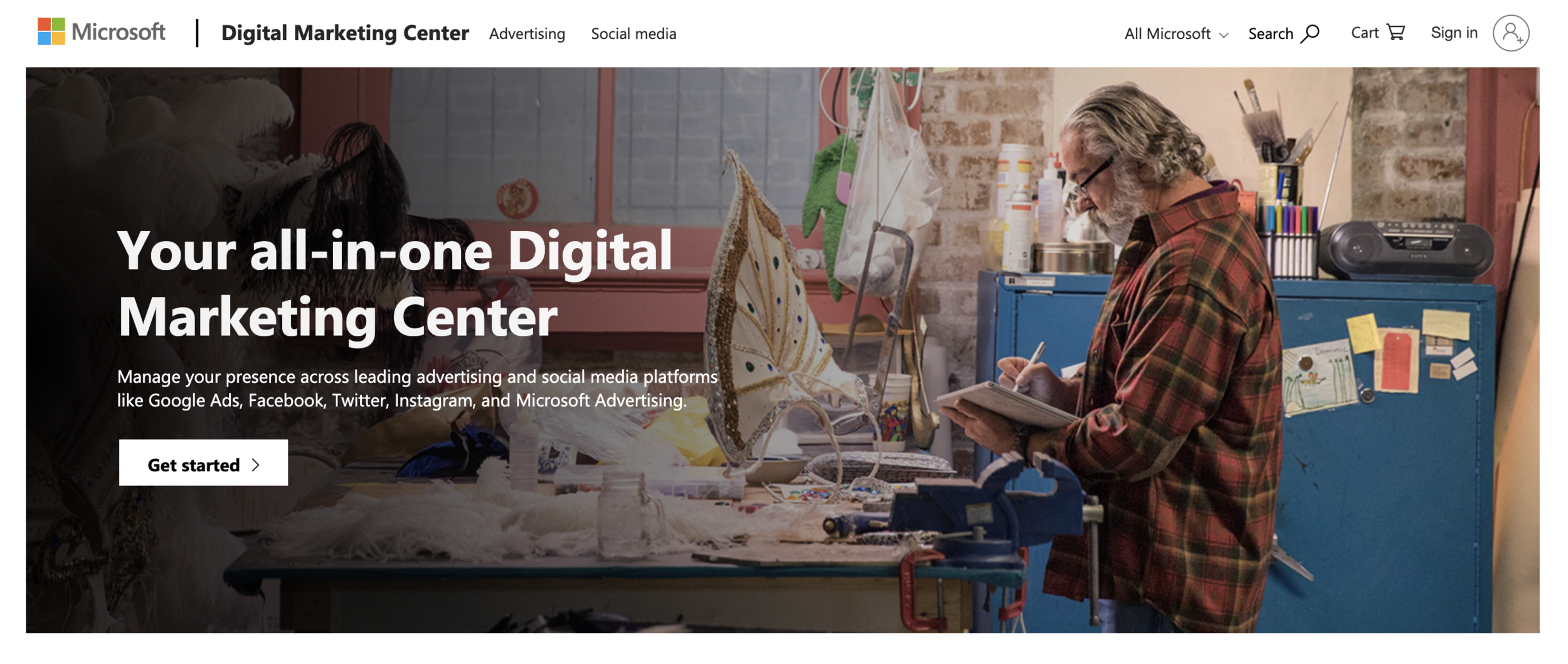
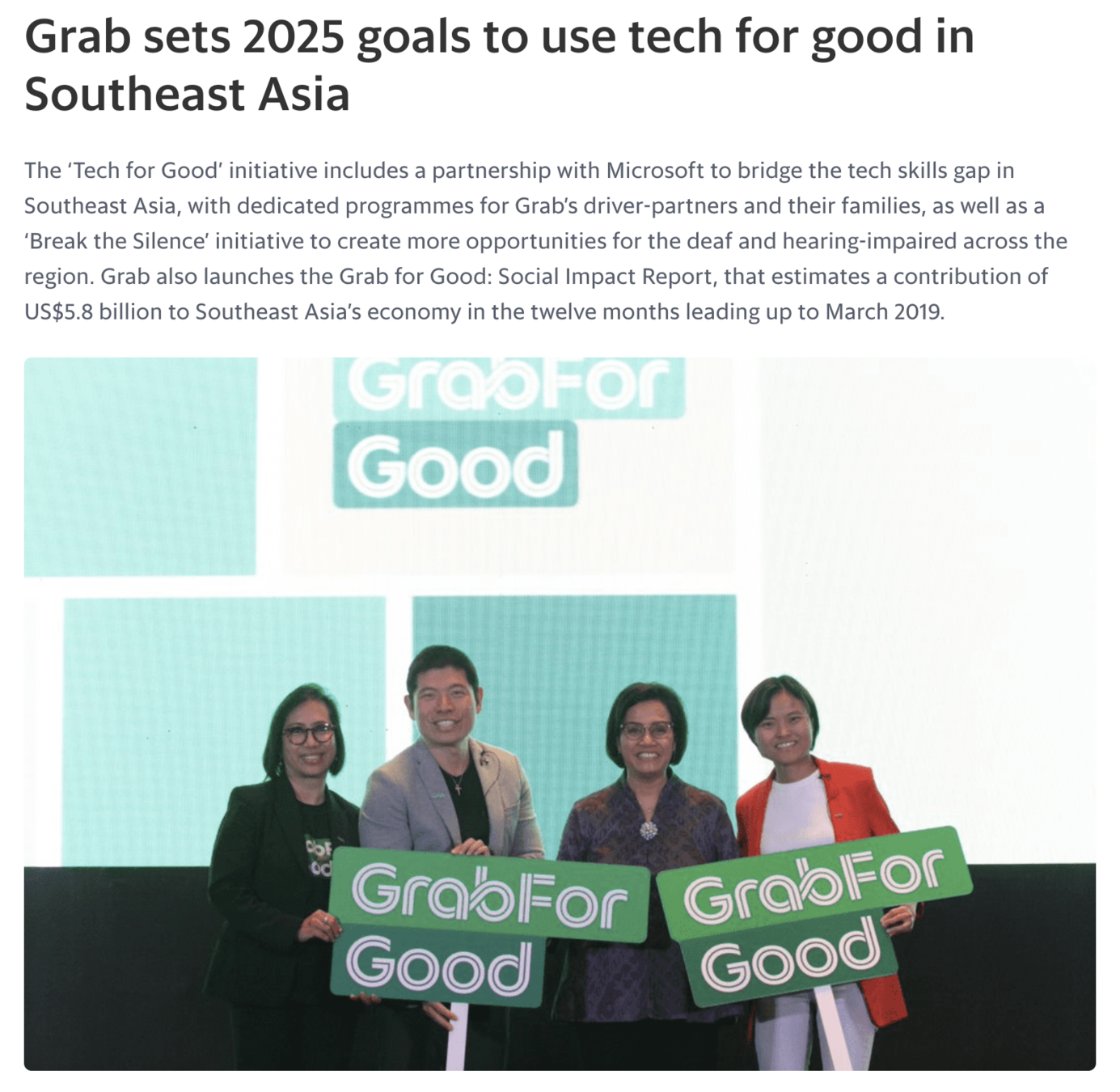
GRAB 365
This also supports the Grab & Microsoft "Tech for Good" partnership by further supporting Grab's drivers and partners with productivity tools, exposure to skills enrichment, and deepens the use of Microsoft products for personal and business productivity use.
The program could be set up to allow existing O365 users to connect their existing accounts, as well as onboarding new ones.
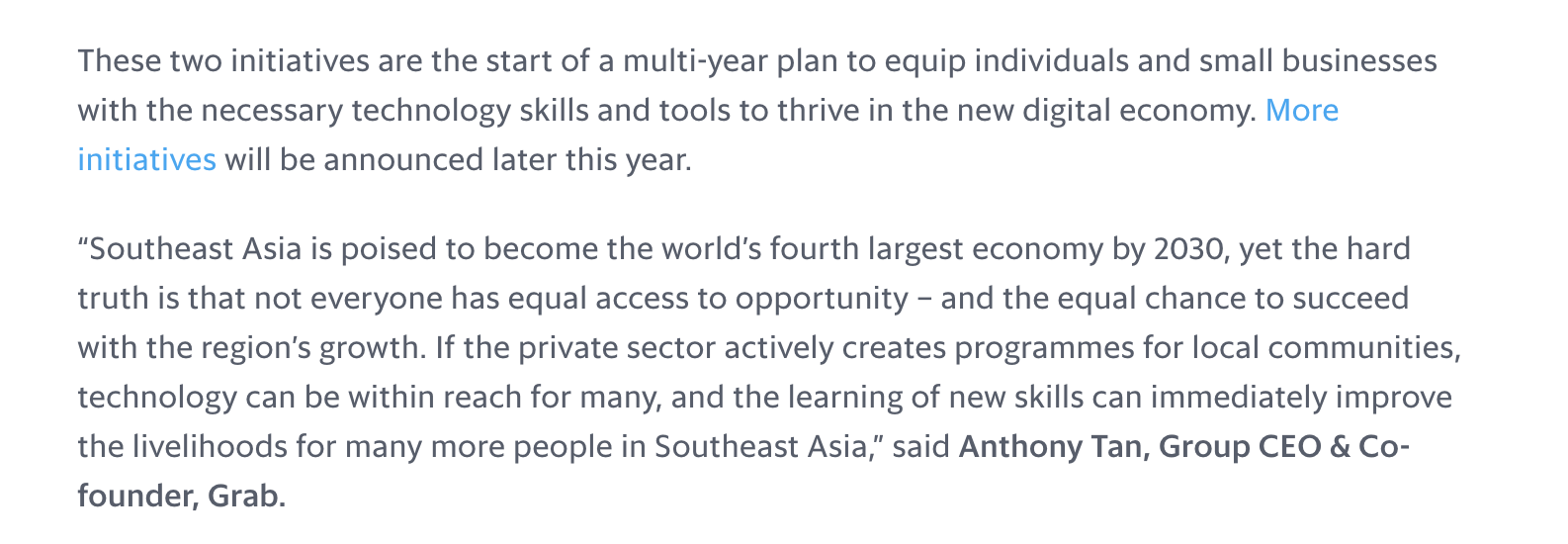
GRAB 365
Connecting this with a digital bank would then provide SMBs with every service they need to support their growing business end-to-end.
Instead of fully missing out on this opportunity to partner on the digibank, Microsoft can still join forces with this entity, as well as the other new digibanks to provide SMB services, to bolster the usage of O365 and the adoption of new tech services, dynamics 365 and more.
Creating a seamless integration to all of the new digibanks as a first-mover advantage in SEA would drive a lot of usage and embed Microsoft technology in SMBs across all the emerging markets.
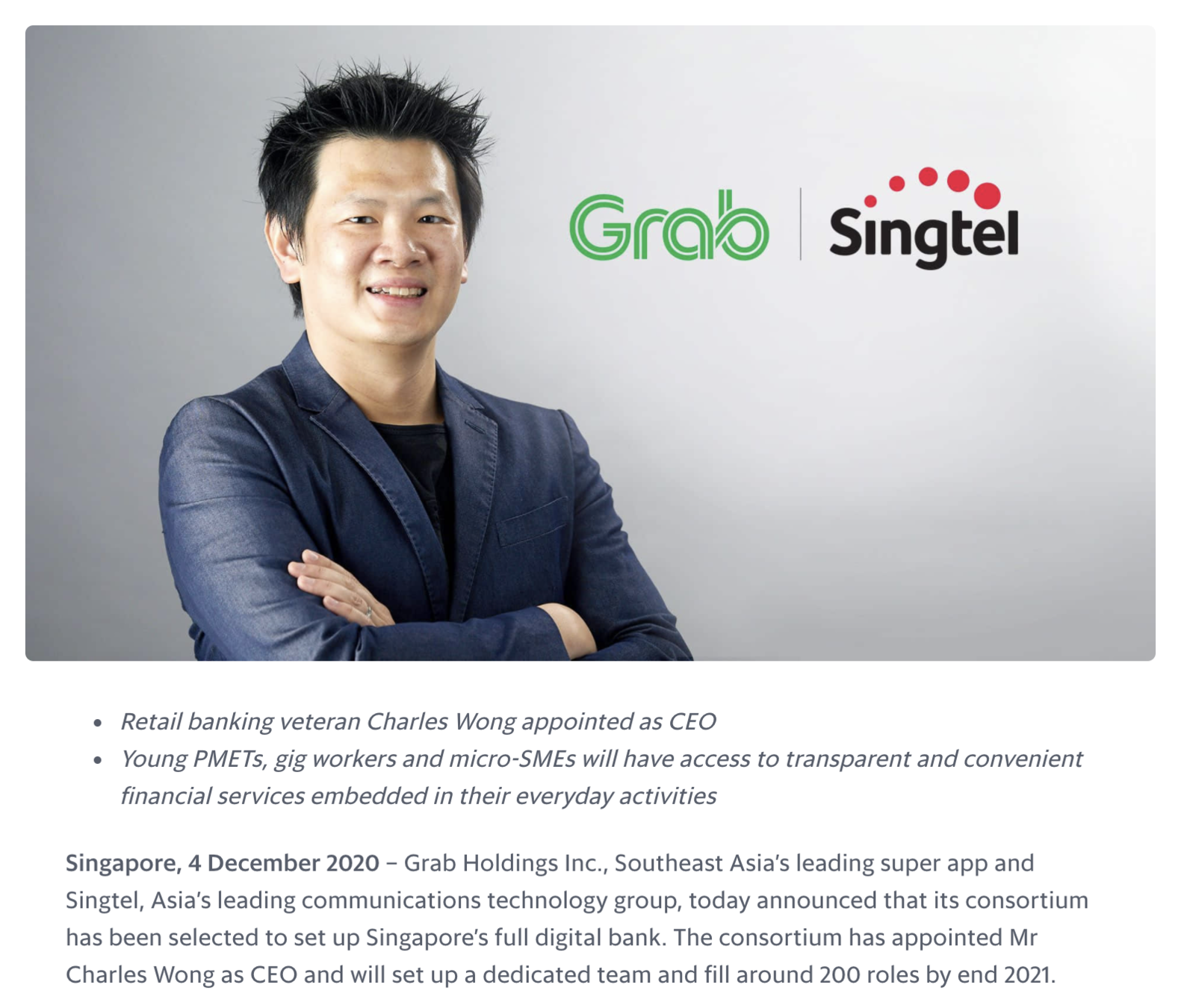
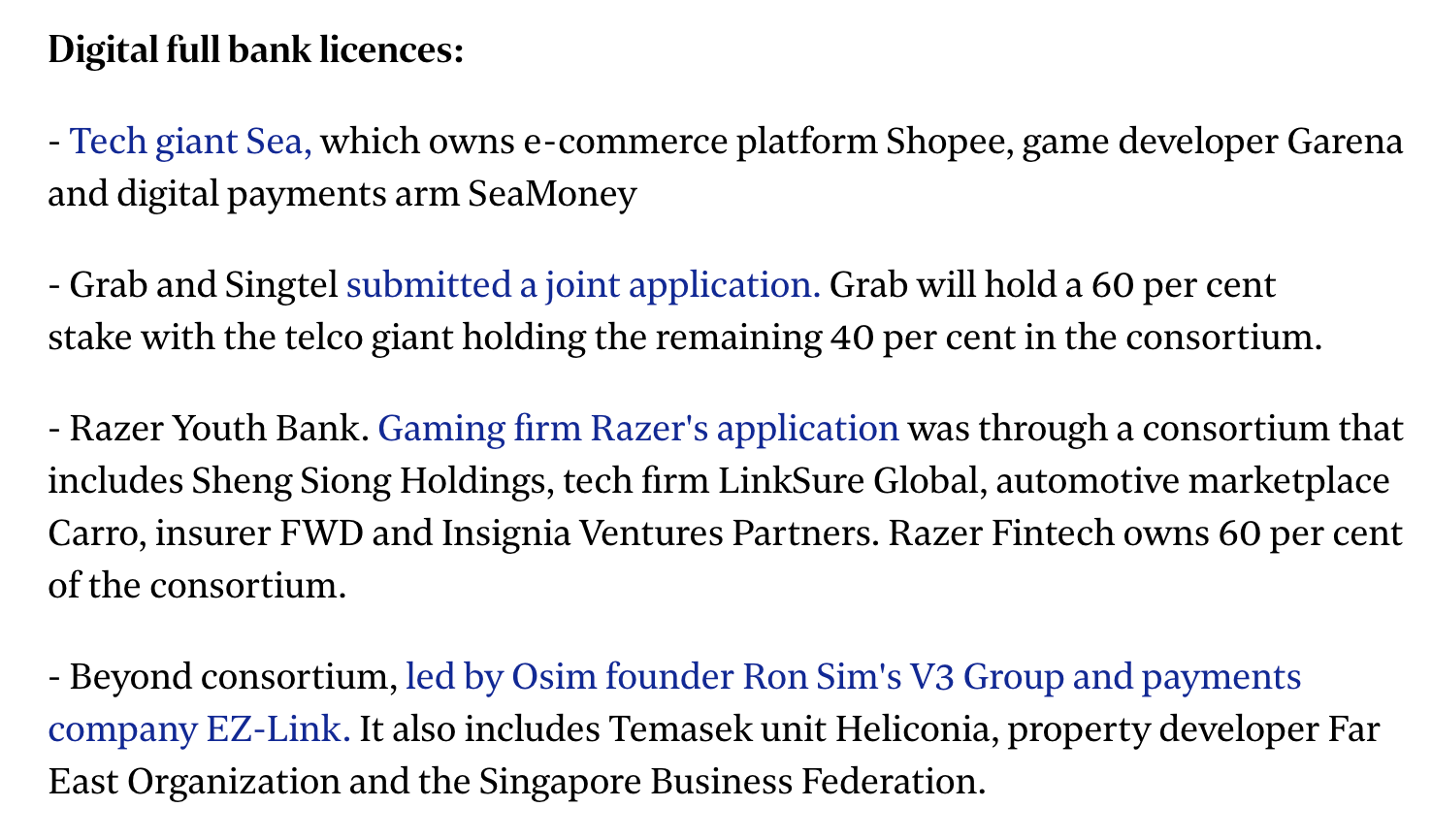
GRAB 365 CHALLENGES
Microsoft would need to invest and move quickly. Typically engineers choose AWS over Azure when they want to do something fast. In this case however there are integration advantages to deliver in Azure.
The single page website functionality of the Microsoft Advertising Digital Marketing Center ecosystem is limited and the UX is not optimal for this onboarding scenario, so this would need to be improved / updated.
There will not be a single standard method of integration into each of the digibanks, and we will require an API to be exposed for onboarding and integration - this will likely be the most time consuming aspect of the project since we will be trying to integrate with very busy development teams at each digibank.

ELEMENT 6
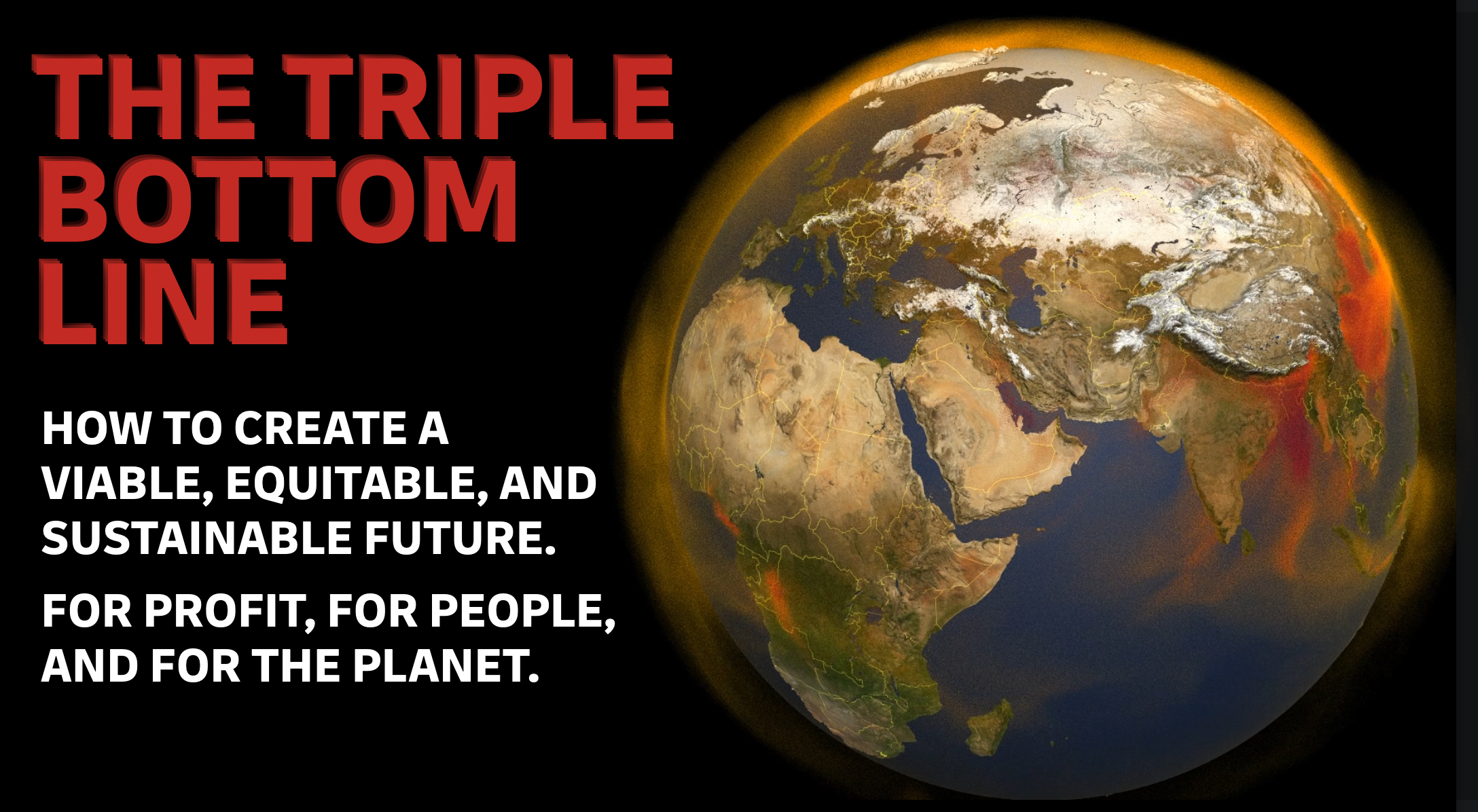
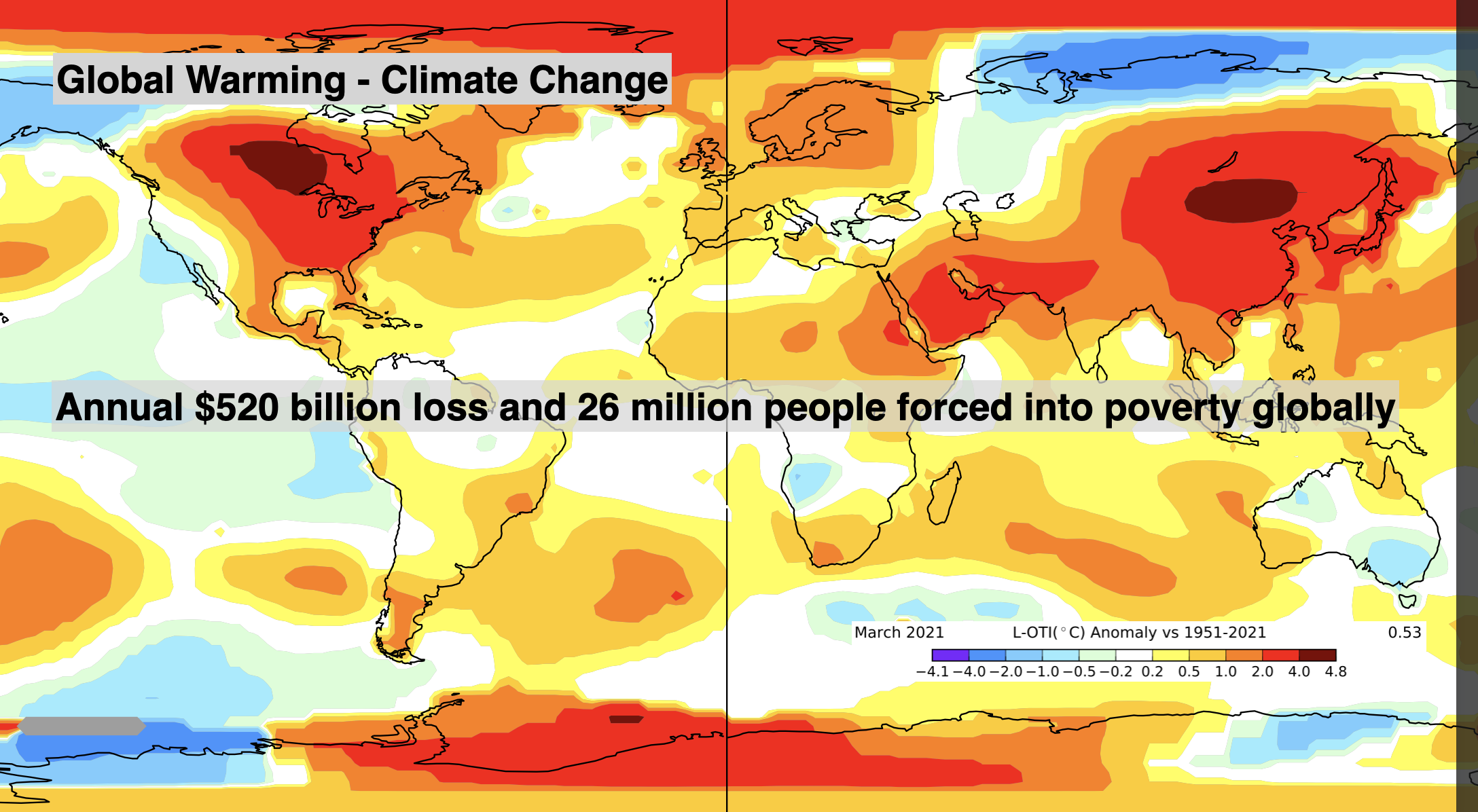

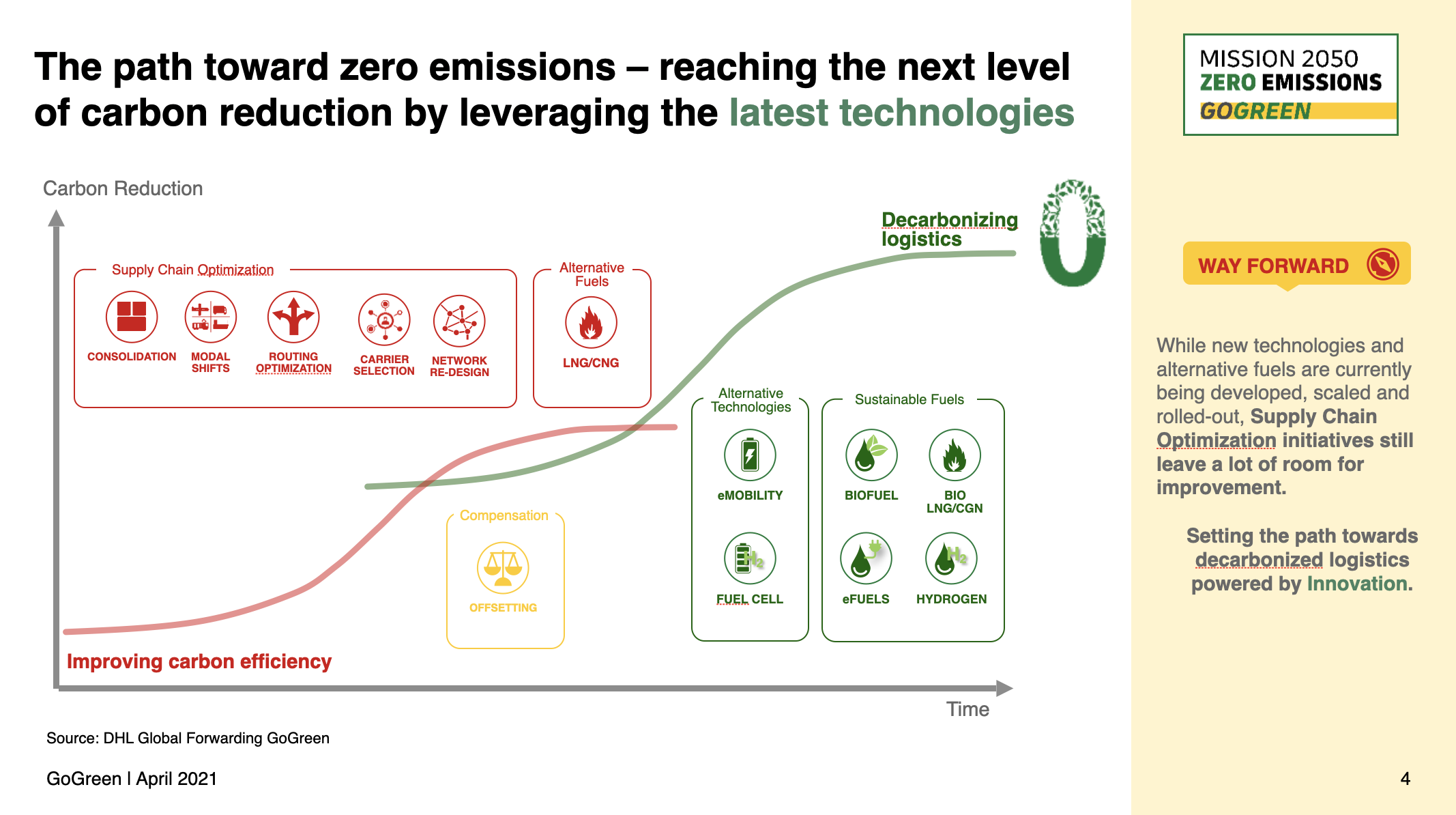
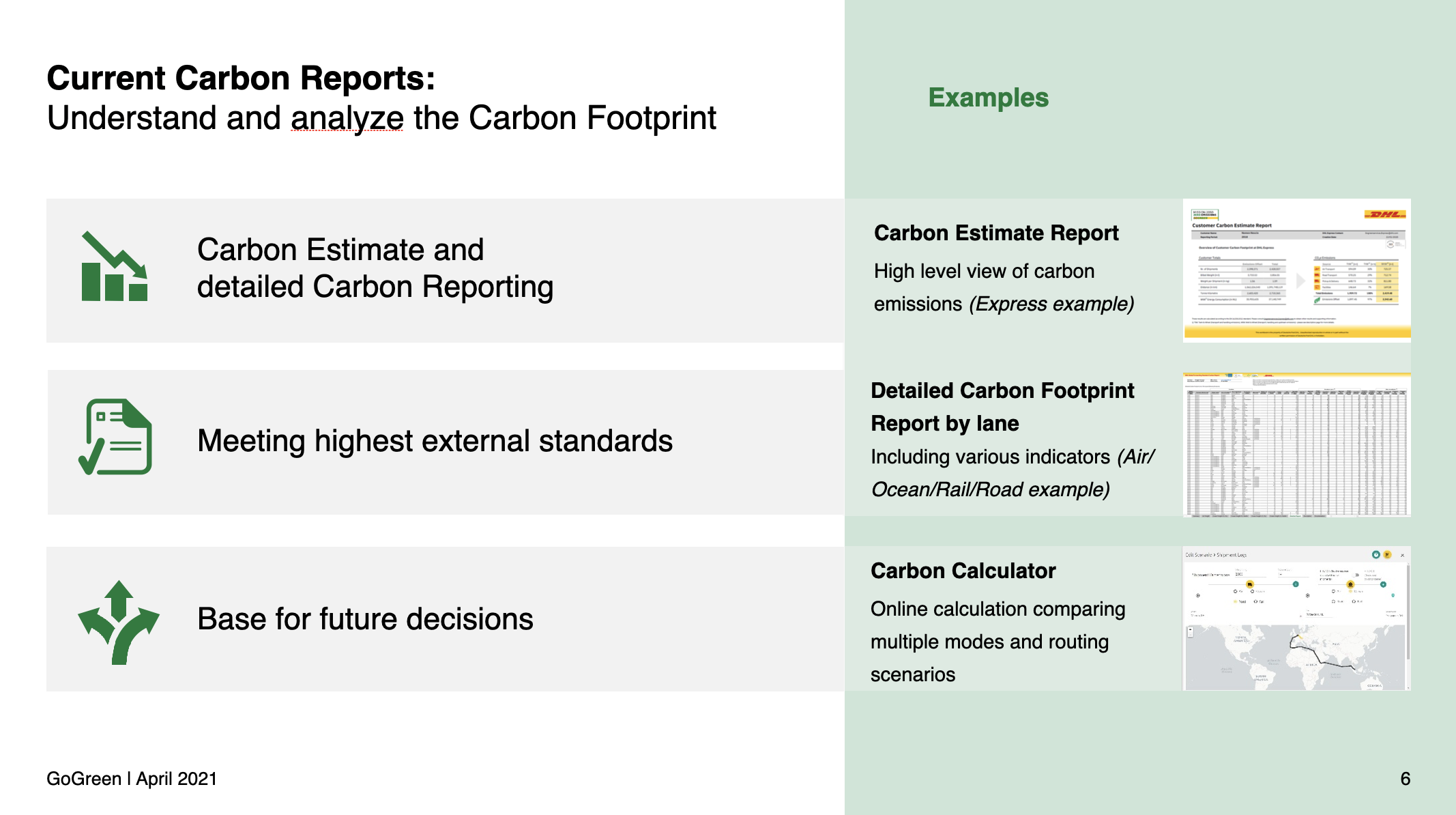
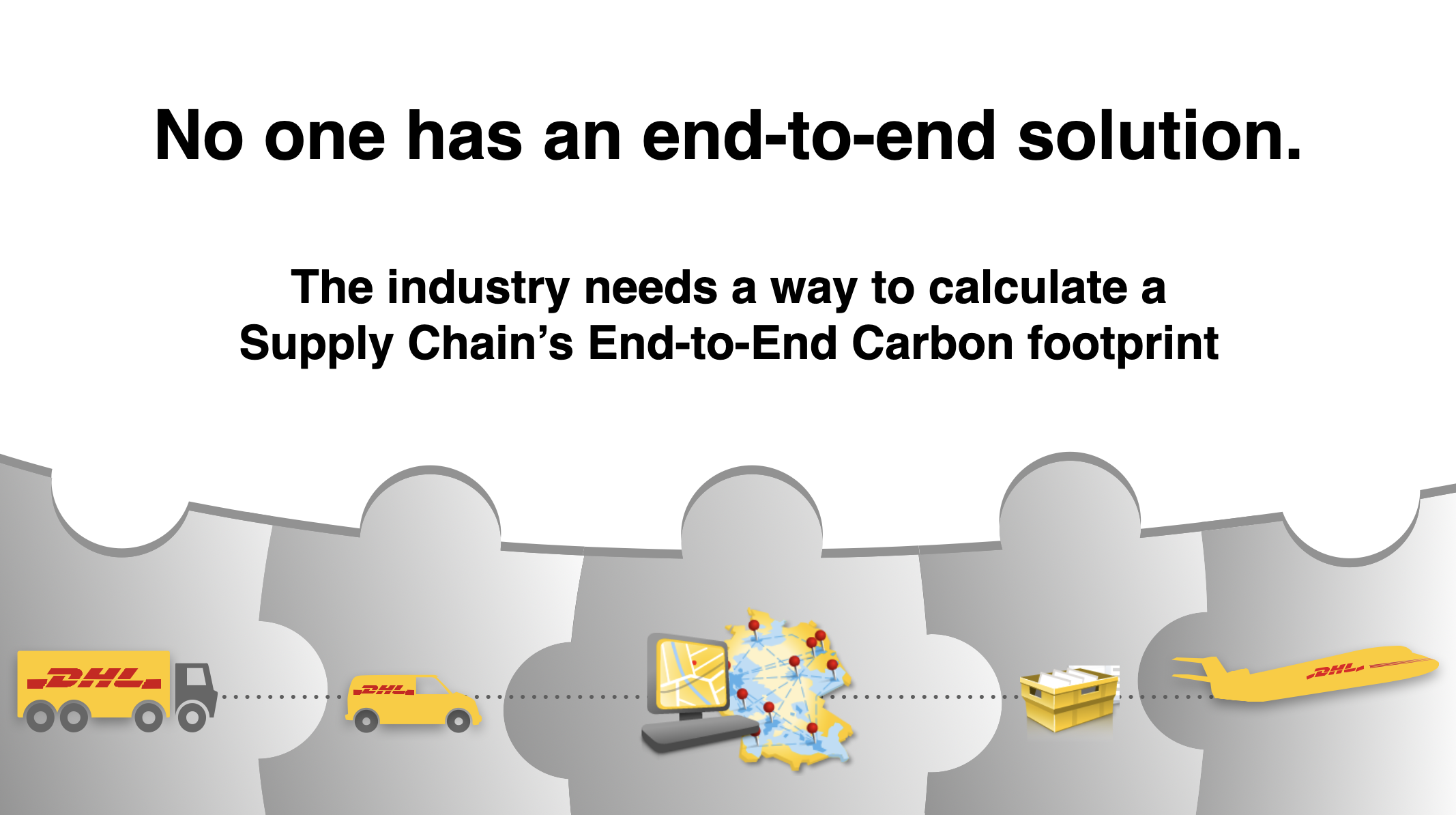
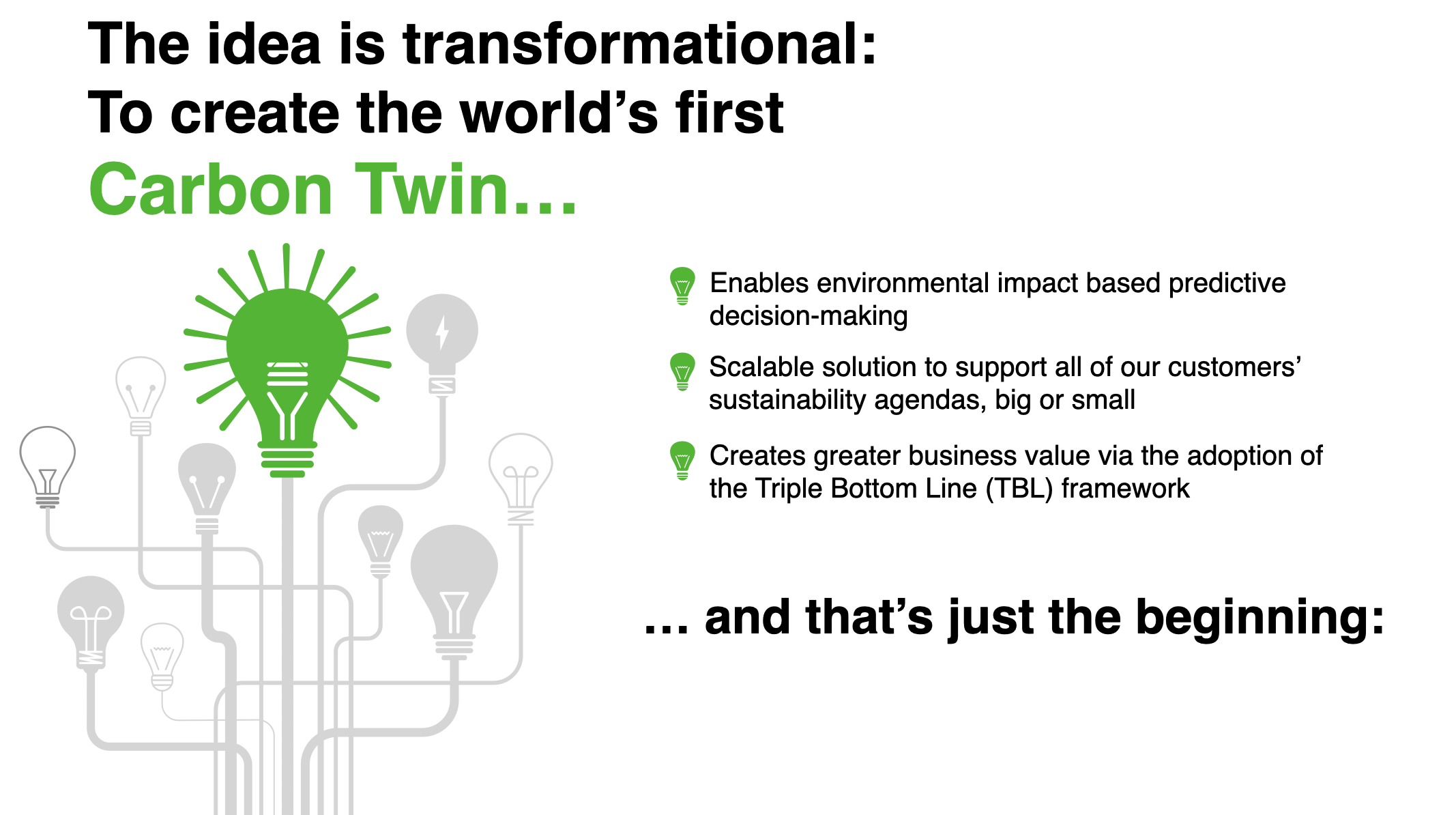
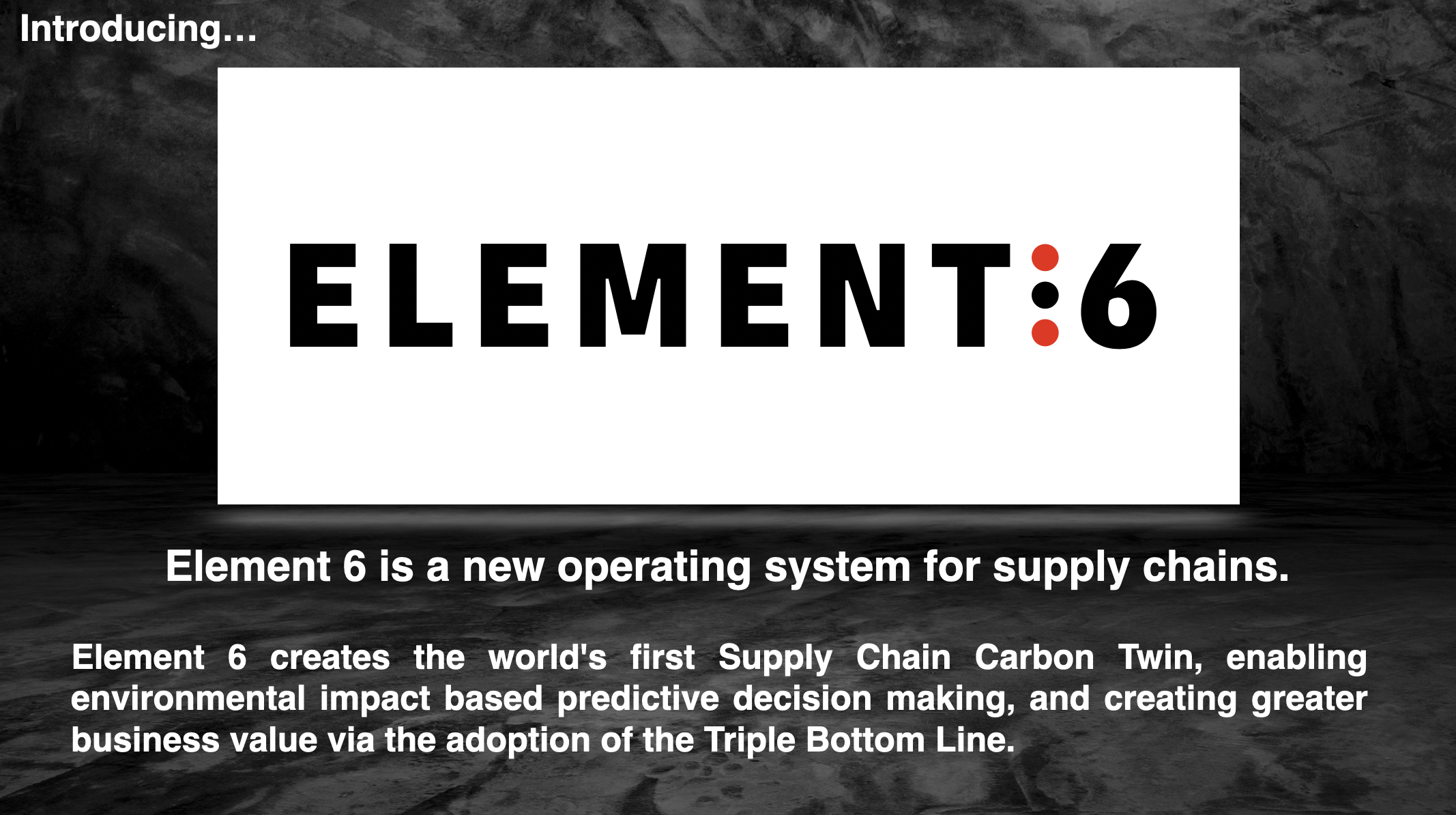
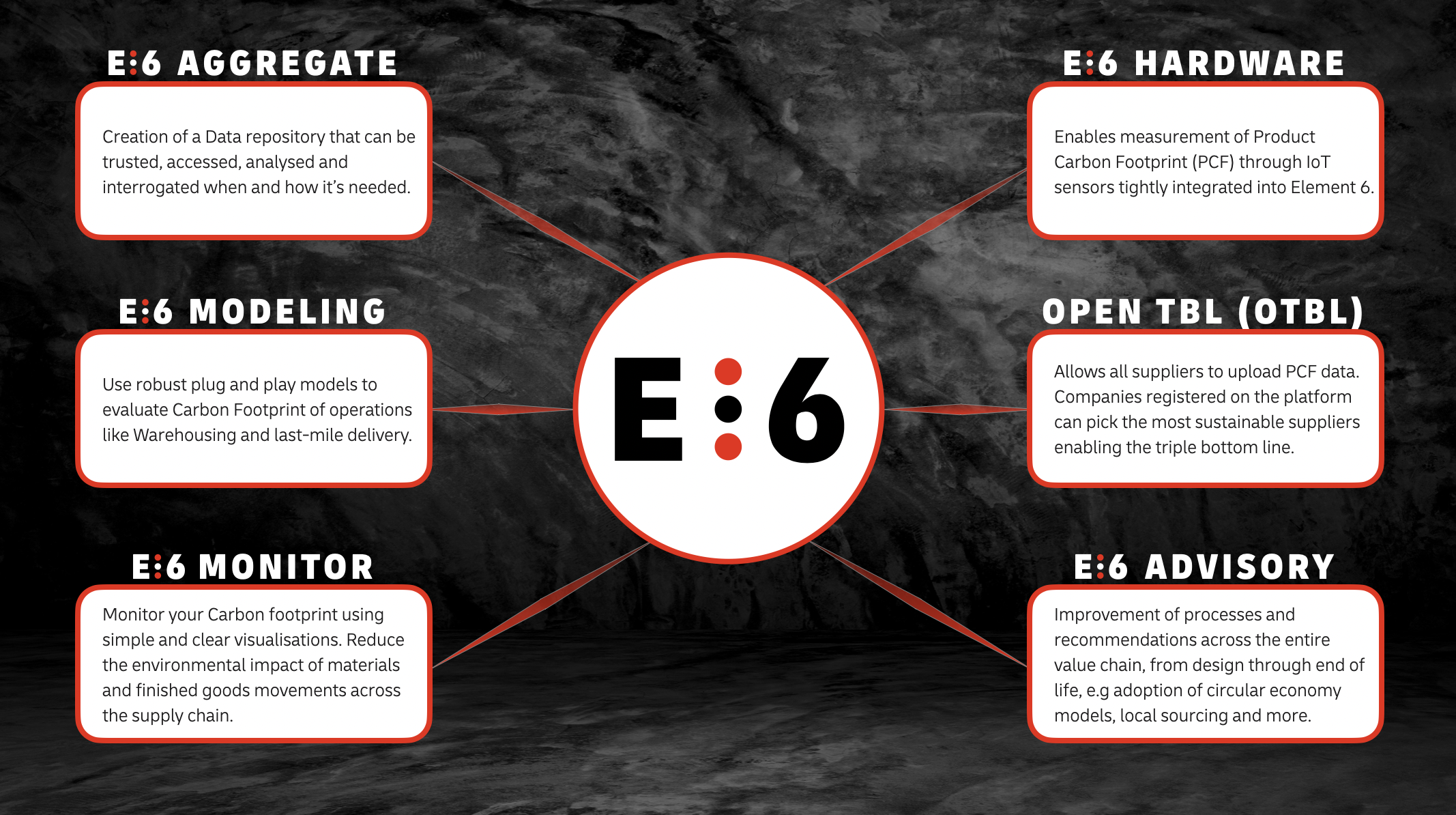
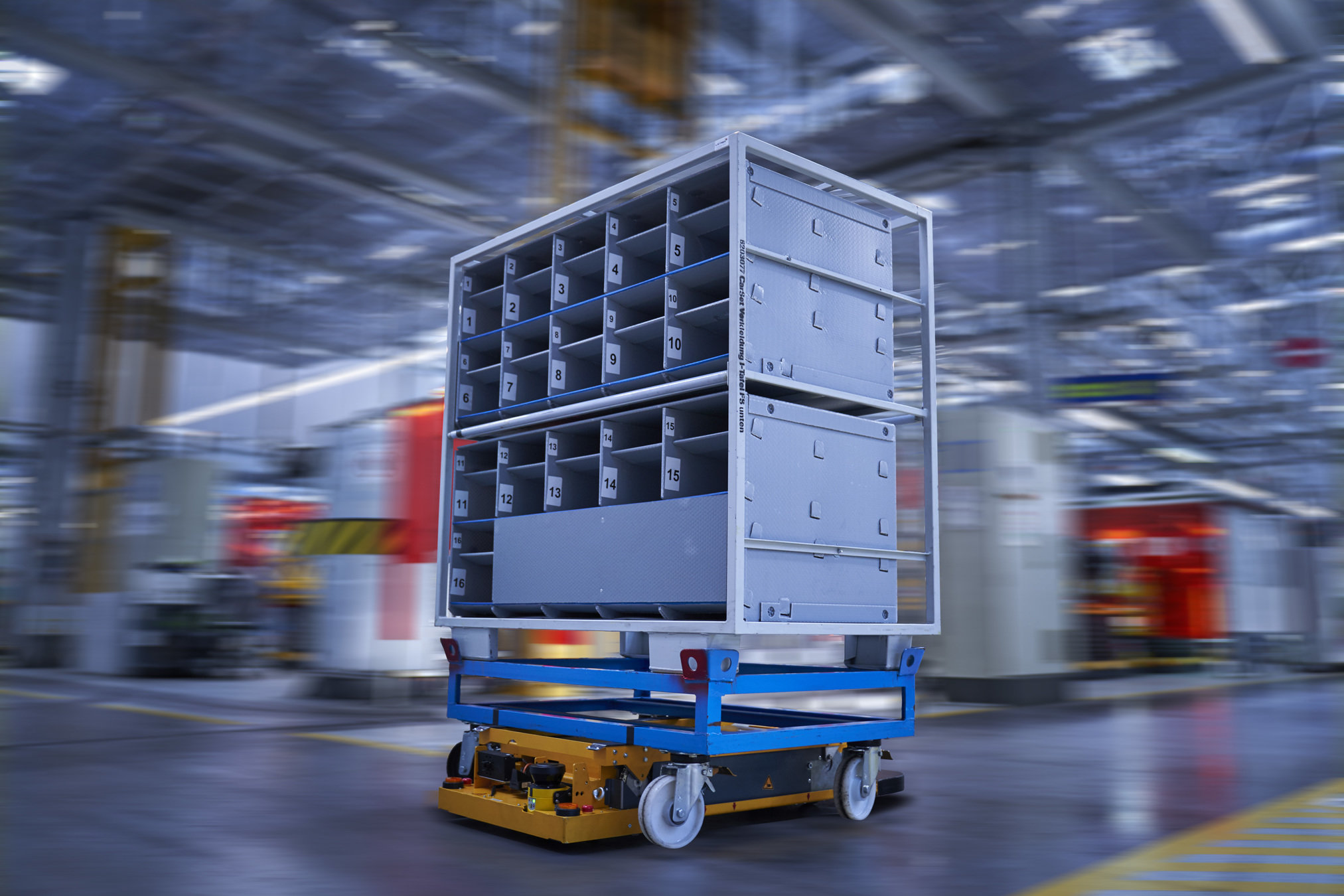
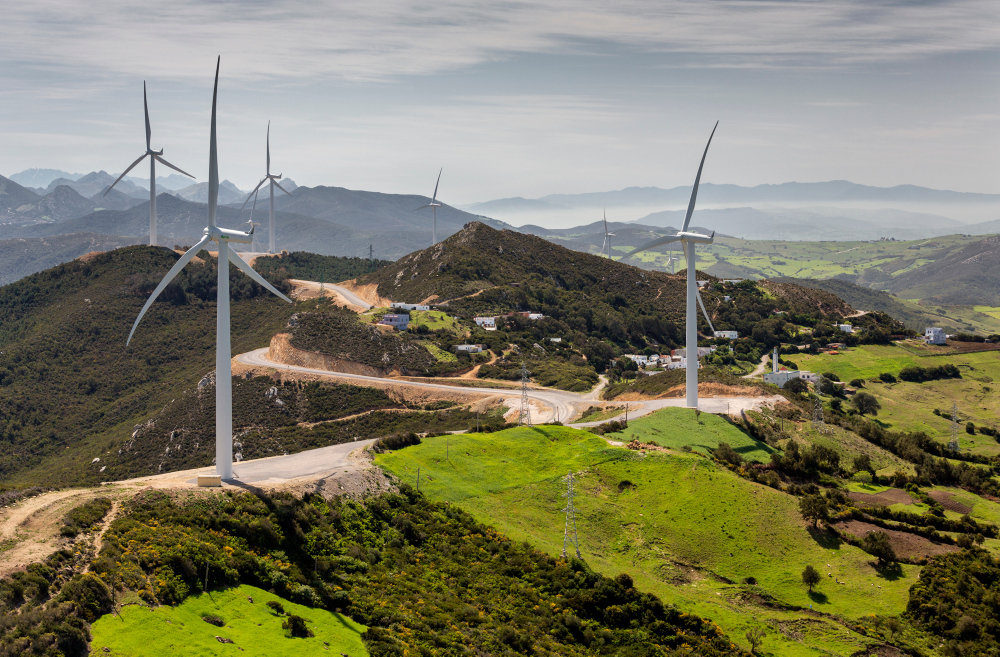
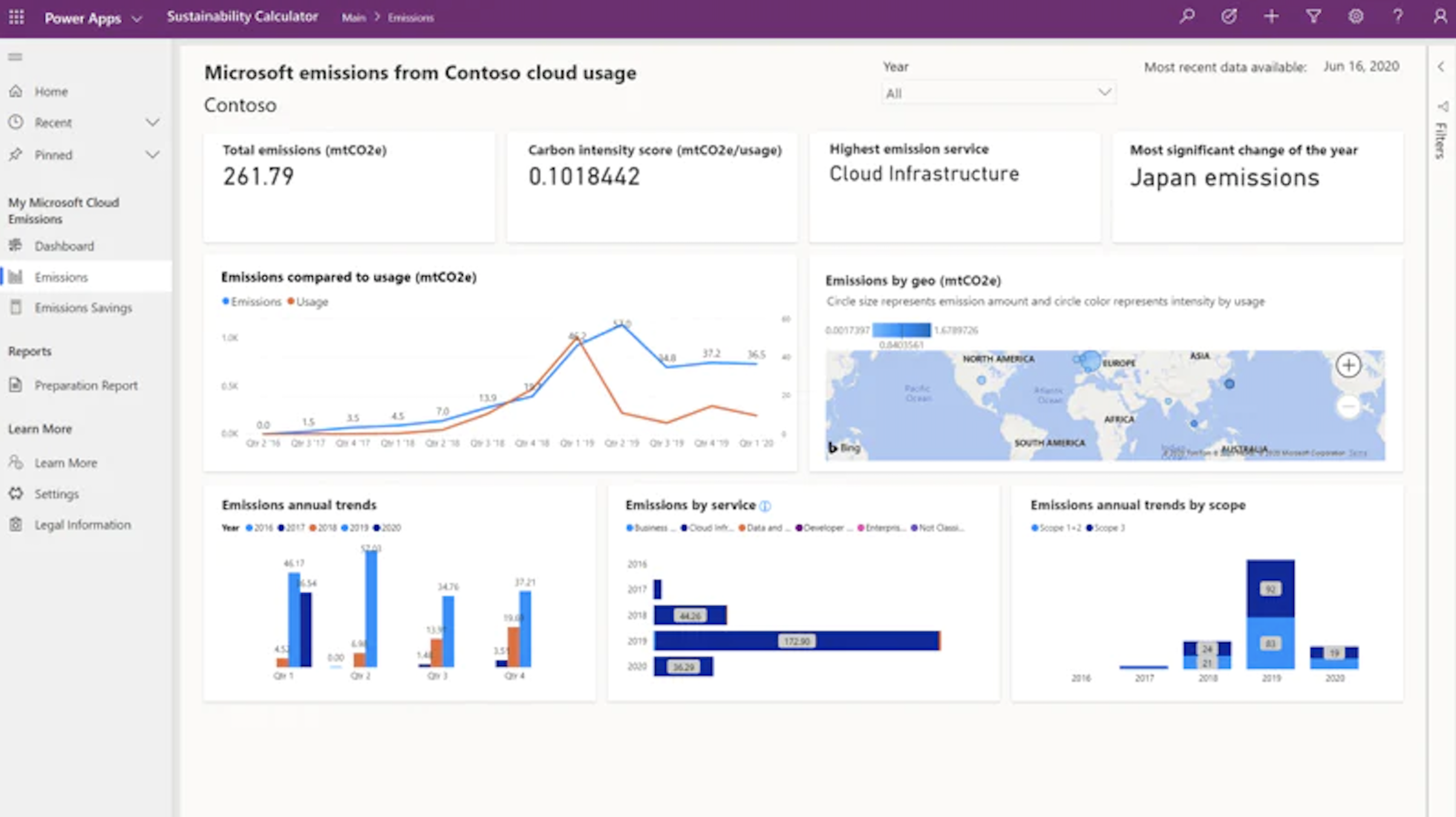

ELEMENT 6
Enabling the Triple Bottom Line across industries, across supply chains, and building OTBL will have a truly transformational impact on the planet.
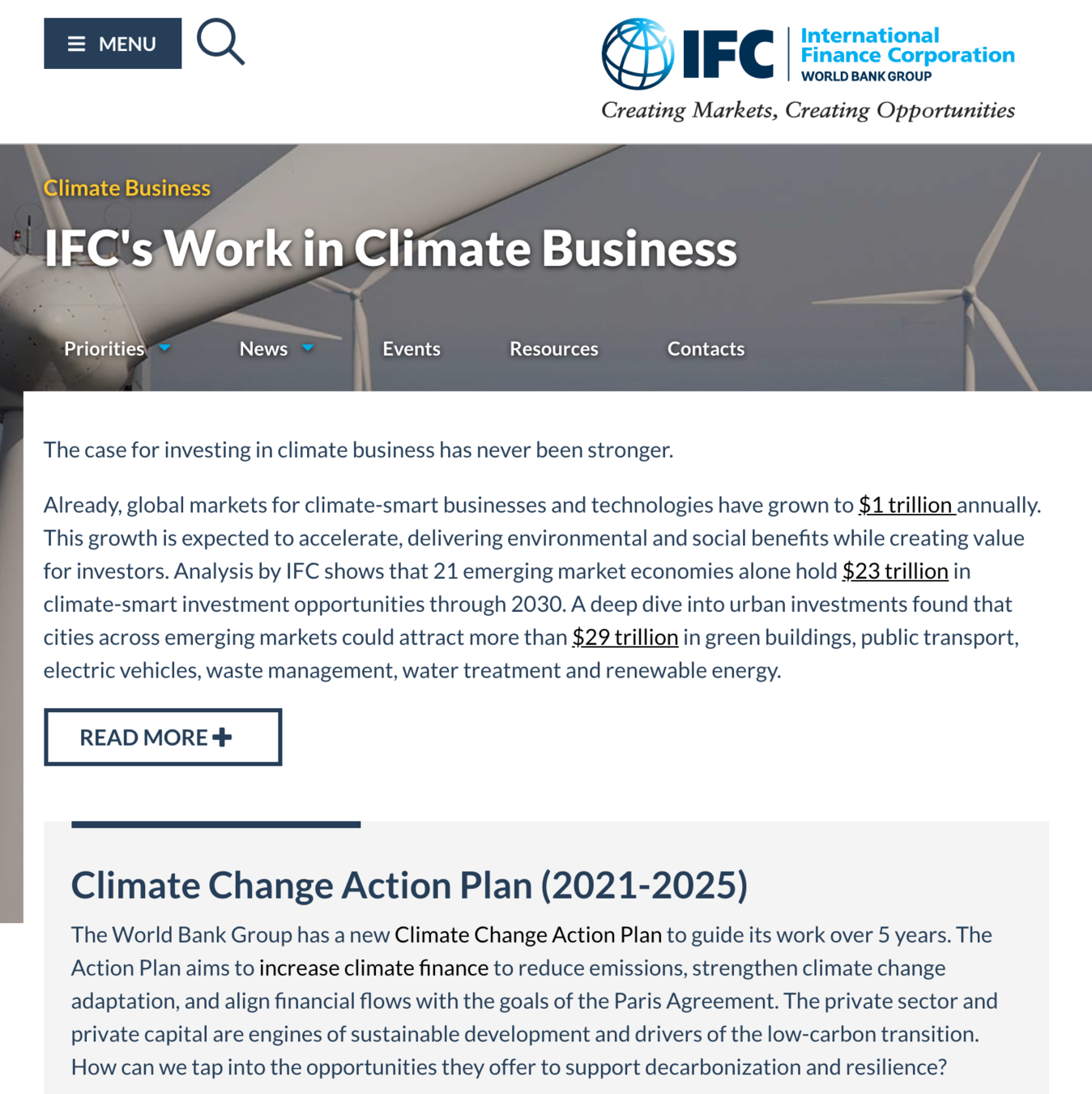
I have presented this concept to Rachanee Chanawatr, the Asia Pacific head of the IFC from the World Bank,
She says the idea is big enough to receive Green Bond funding, circa $300-$500 Million EUR.
ELEMENT 6
The missing piece to make this a reality is mostly covered in what Microsoft has already built for Sustainability, it just needs to be extended and expanded beyond data centres.
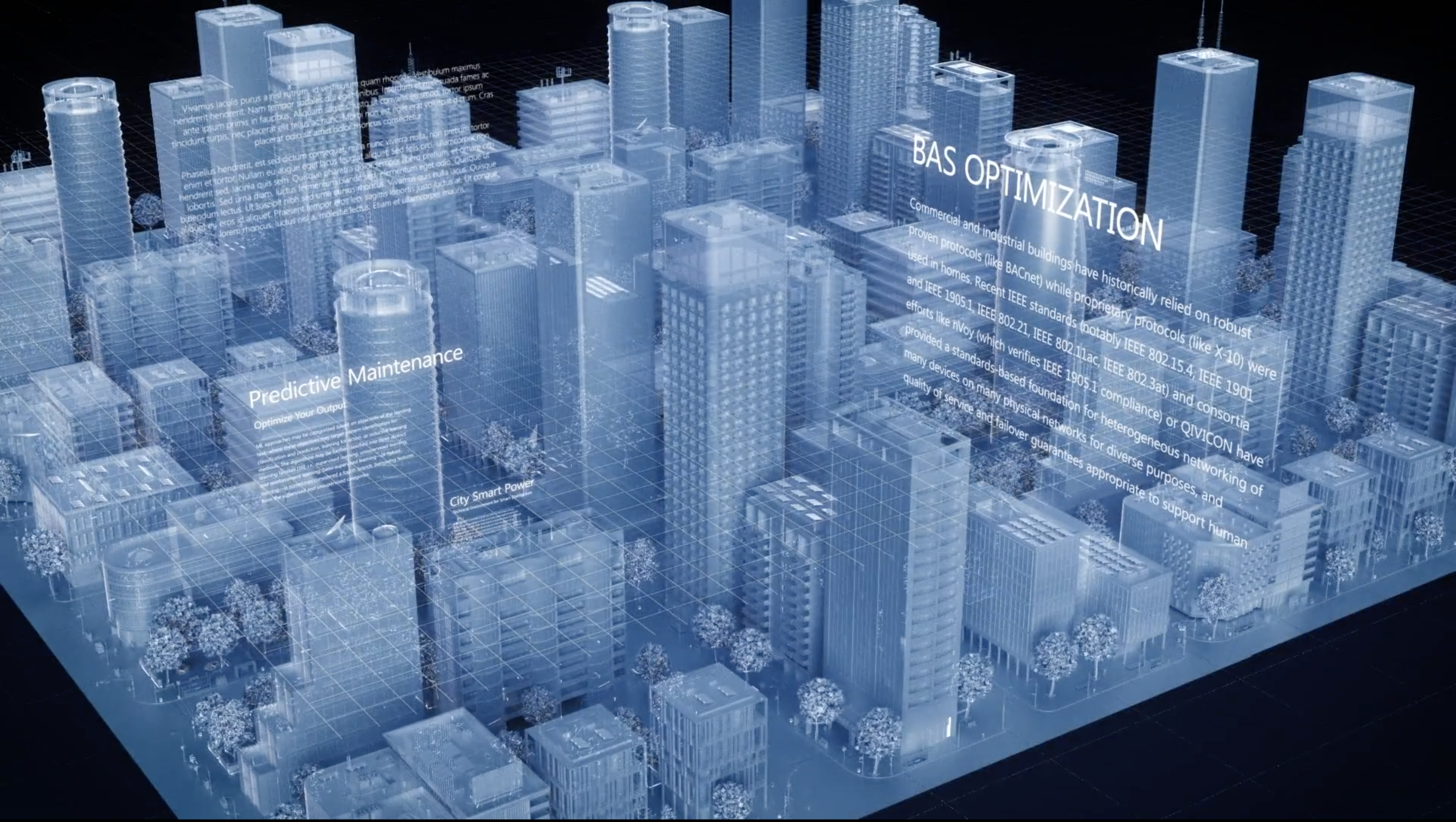


ELEMENT 6
Building the world's largest database of Product Carbon Footprint data will take time, so as a first step we would select a partner organisation to develop the world's first Carbon Twin of an operating facility, and then progress from there with all of the learnings towards an entire supply chain network. This positions Microsoft to takes its work from Data Centres to 10000000x !!
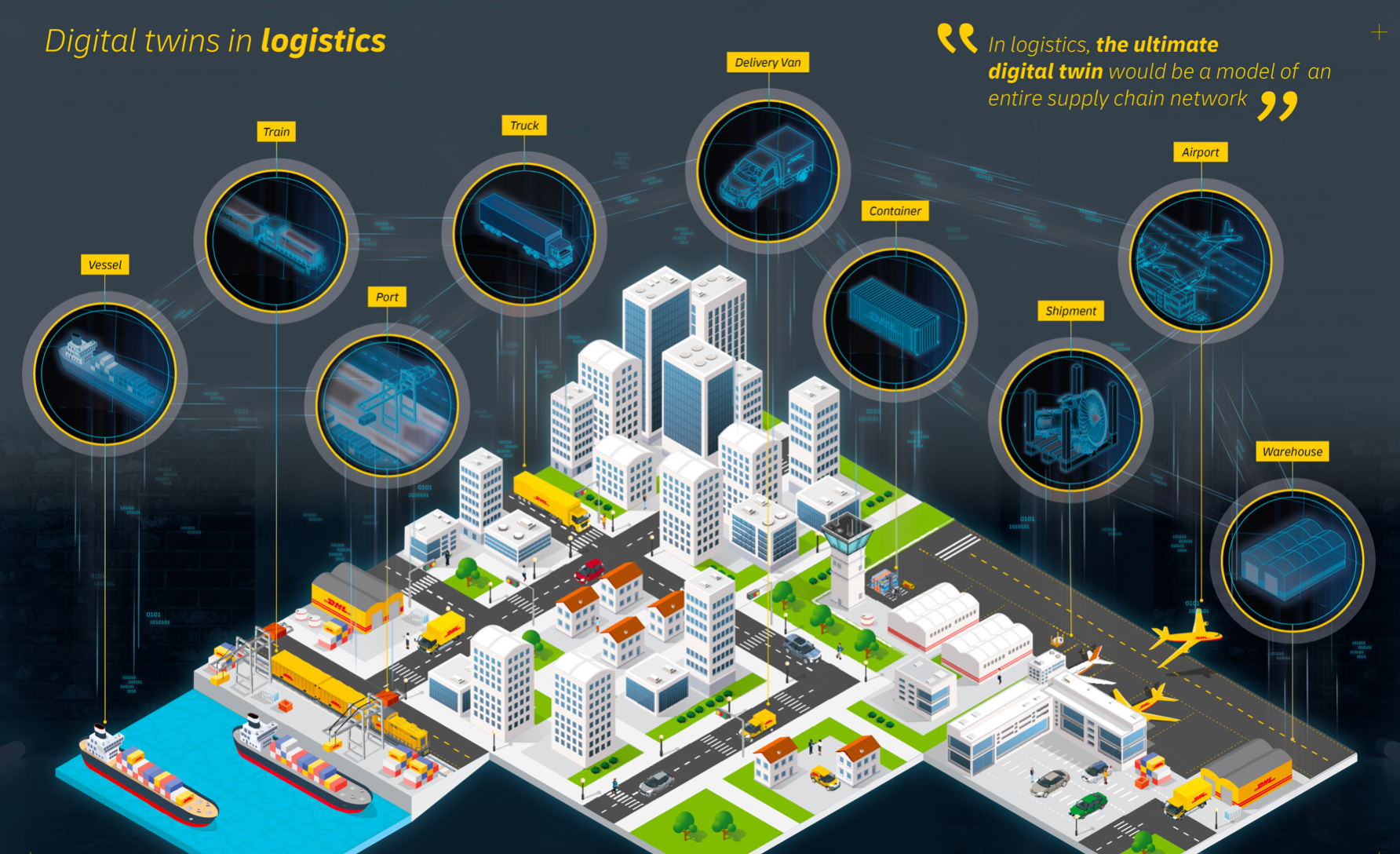
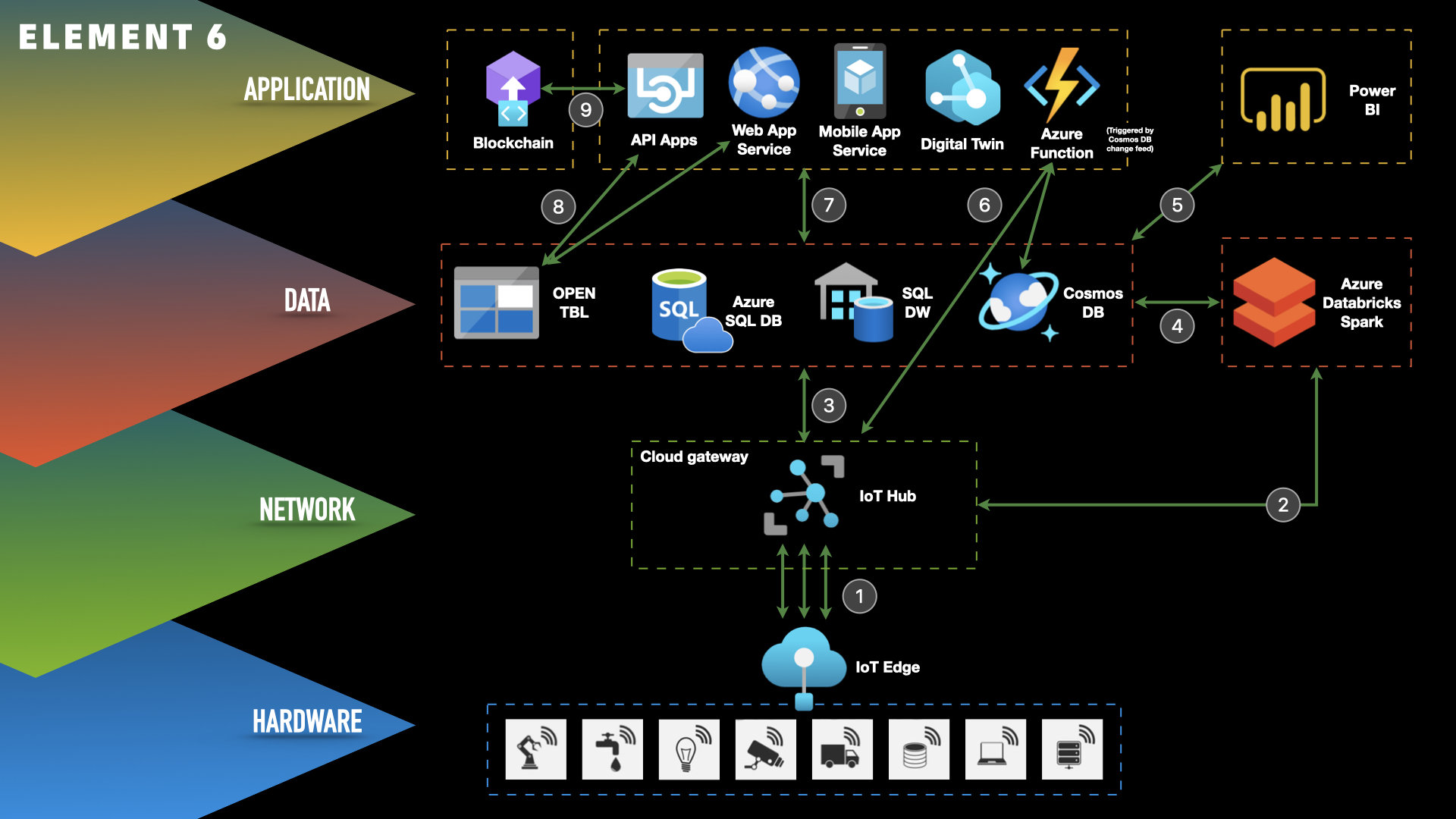
ELEMENT 6 Architecture
ELEMENT 6 Architecture
-
Events generated from IoT devices are sent to the analyze and transform layer through Azure IoT Hub as a stream of messages. Azure IoT Hub stores streams of data in partitions for a configurable amount of time.
-
Azure Databricks, running Apache Spark Streaming, picks up the messages in real time from IoT Hub, processes the data based on the business logic and sends the data to Serving layer for storage. Spark Streaming can provide real time analytics such as calculating moving averages, min and max values over time periods.
-
Device messages are stored in Cosmos DB as JSON documents. This is considered the hot data store. Different JSON schemas representing different device vendors can be stored in Cosmos DB or converted to a canonical JSON schema.
-
The storage layer consists of:
Azure Blob Storage - IoT Hub message routing can save the raw IoT device messages to Azure Blob storage, allowing blob storage to act as an inexpensive, long-term cold data store.
Azure SQL Database - Utilize Azure SQL for storing your transactional and relational data (for example, billing data, user roles).
Azure Synapse Analytics (Previously Azure SQL Data Warehouse) - For your solution data warehouse. Populated it using Azure Data Factory using aggregated data from Cosmos DB and Azure SQL. -
Microsoft Power BI can be used by your users to analyze warehoused data.
-
Use Cosmos DB Change Feed to execute an Azure Function each time a device message is added or updated in Cosmos DB. Some device messages (for example, a fault code) may require an action to be performed on the device. Using the Azure IoT Hub Service API, the Azure Function can connect to Azure IoT Hub and perform an action on the device
-
Web, mobile and other applications can be built on the storage layer. For example, you can expose APIs based on the storage layer data for third-party uses.
-
Open TBL data from the data store feeds application services for user input and decision making, and
-
Stores immutable records via blockchain and/or Distributed Ledger Technology (DLT) enabling external auditing
E-COMMERCE OLYMPICS
E-COMMERCE OLYMPICS
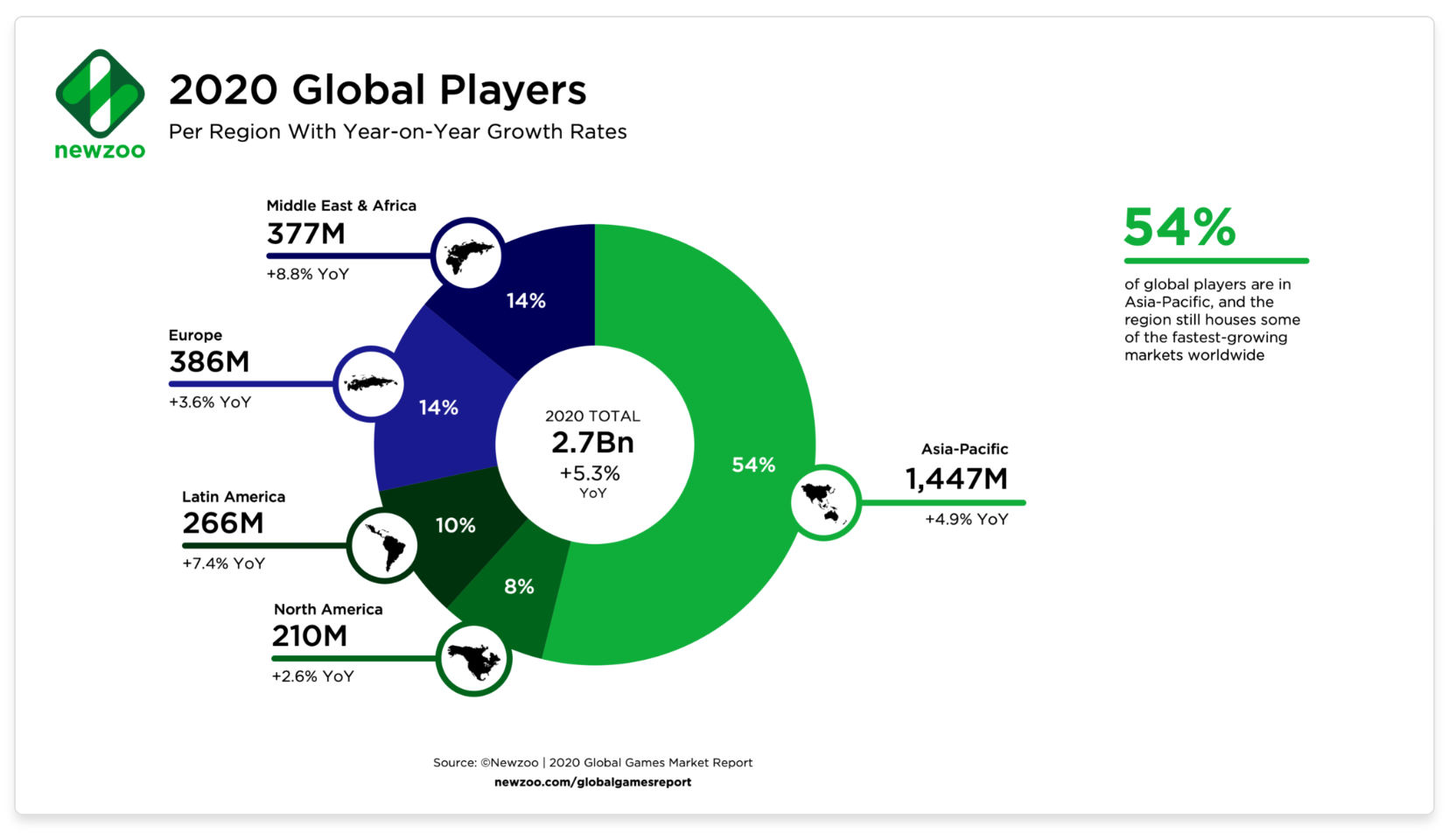

E-COMMERCE OLYMPICS
The growing social gaming demographic is leading online gaming growth.
Across the globe, nearly a third of mobile gamers are 45 or older.
The stereotypical 16-24 age group represents a mere 14.2% of mobile gamers.
Women play more and more often: their sessions last 25% longer, and 43% of women play more than 5x times a week. And they are also spending a little more. 4.5% of women spend in-game while 3.3% of men do
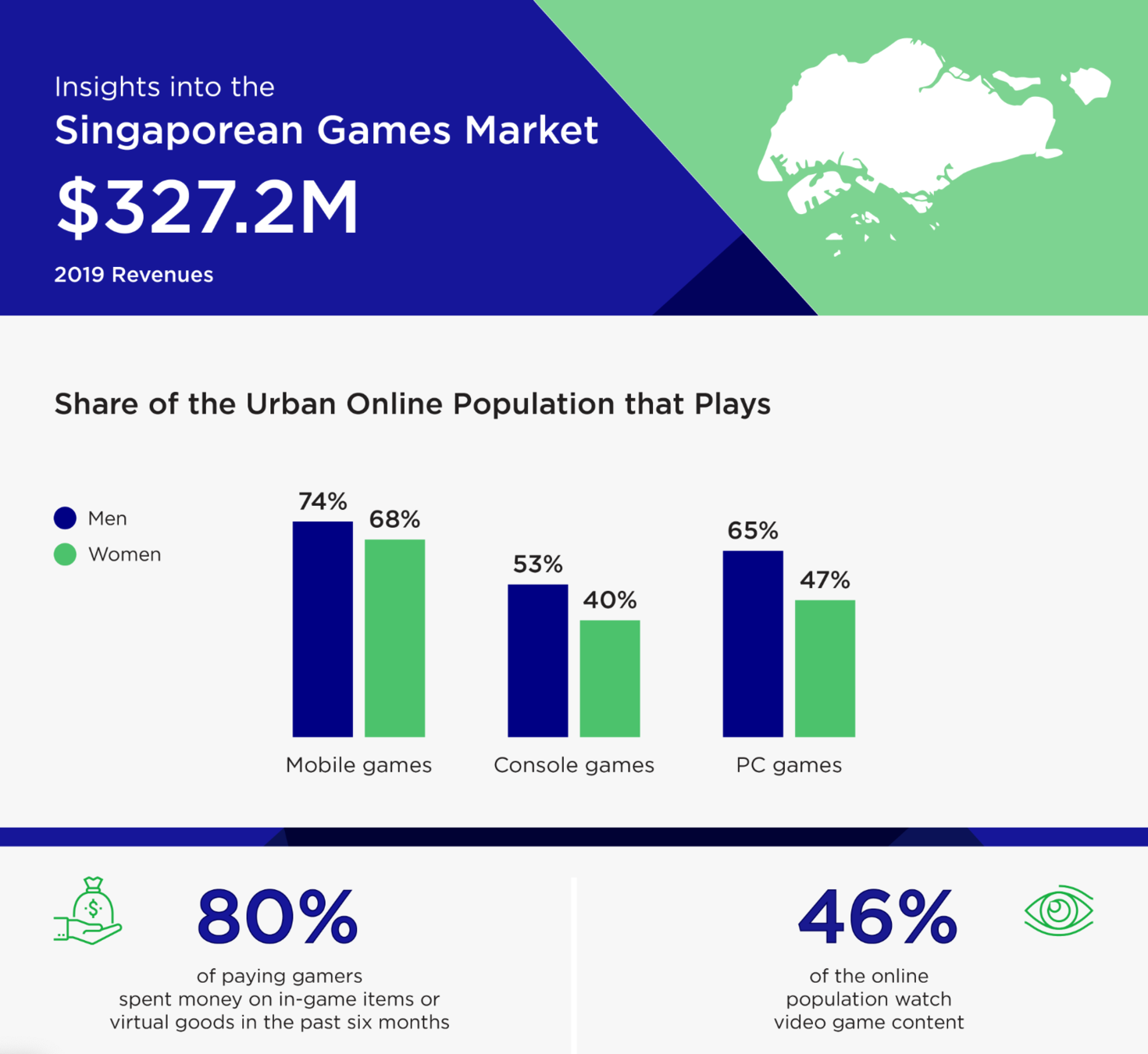
E-COMMERCE OLYMPICS

OMG wow what are we doing when it comes to driving engagement with this audience, where e-commerce and gaming intersect OMG!
The answer...
E-COMMERCE OLYMPICS
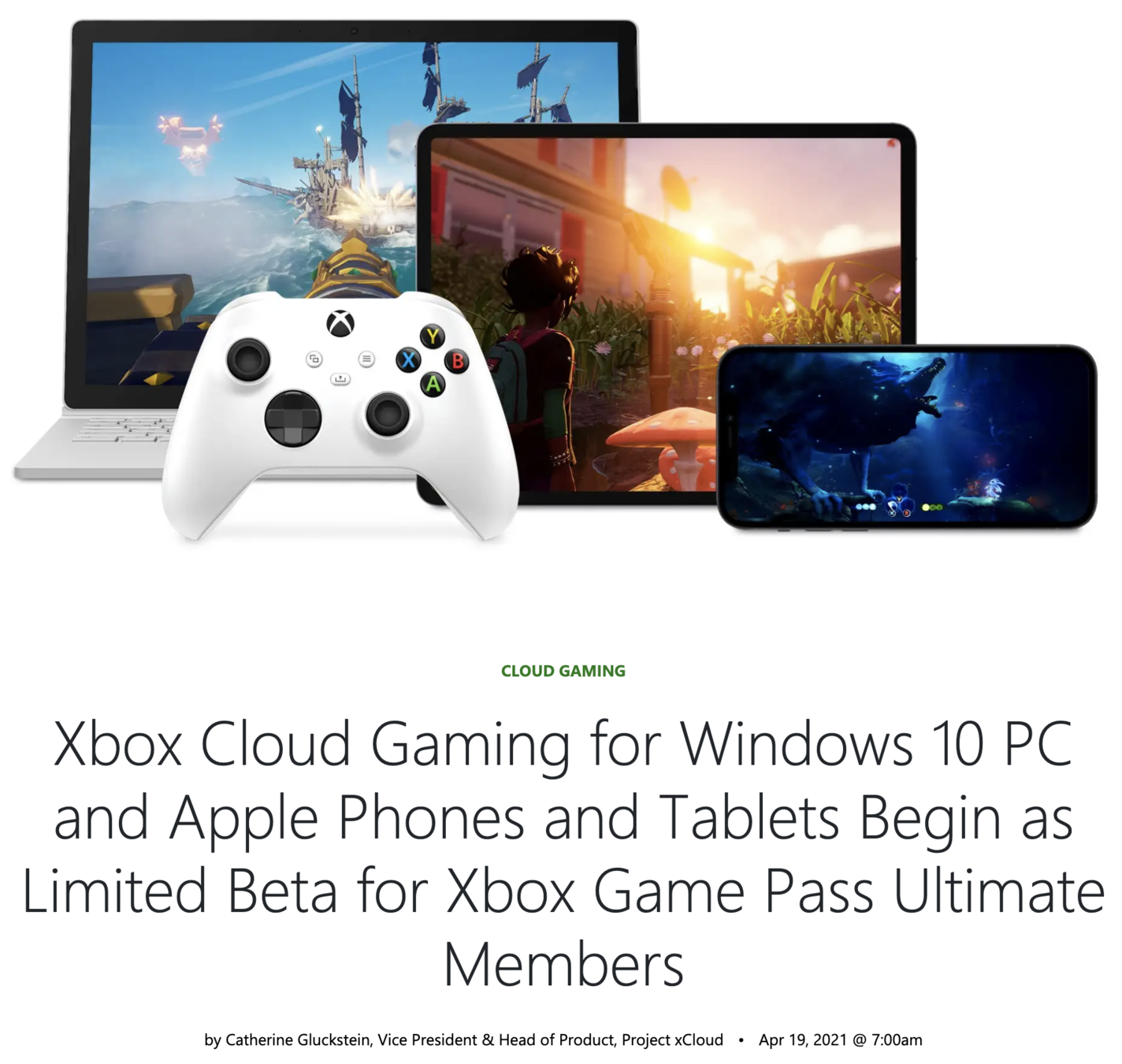
Xbox Cloud Gaming is just launching, at the perfect time to bring together a world's first "Online Olympics" that is also a tip of the hat to the physical olympics happening in Tokyo without an audience...
Xbox Cloud Gaming allows people from across the world to form teams and collaborate together inside social games created from the classics.
The platform enables this collaboration because it is SHARED, people feel CONNECTED, can interact with content, communicate with other participants and add friends.
Around the world in real time - everyone can be a part of the action as it happens!
E-COMMERCE OLYMPICS
More than anything on earth, people want to play. So we'll bring them the most hectic, global, social gaming event they've ever experienced in their lives:
- Internet Broadcasting Meets Multiplayer / Social Gaming
- Live & Simultaneous
- Global & Local Connection
- Online & Offline Experiences
- Multiple Games, Players & Spectators
- Community replaces raw competition
- Opponents becomes friends and friends become teammates
E-COMMERCE OLYMPICS
In-app gaming experiences are focused on 8 common motivations, and the Online Olympics focuses on bringing together Social Connection, Self-Expression, Expertise, Progression and Escapism to create a new gaming experience.
This gaming experience can be embedded directly into Shopee's in-app gaming experience, and any other e-commerce player interested in markets around the world.
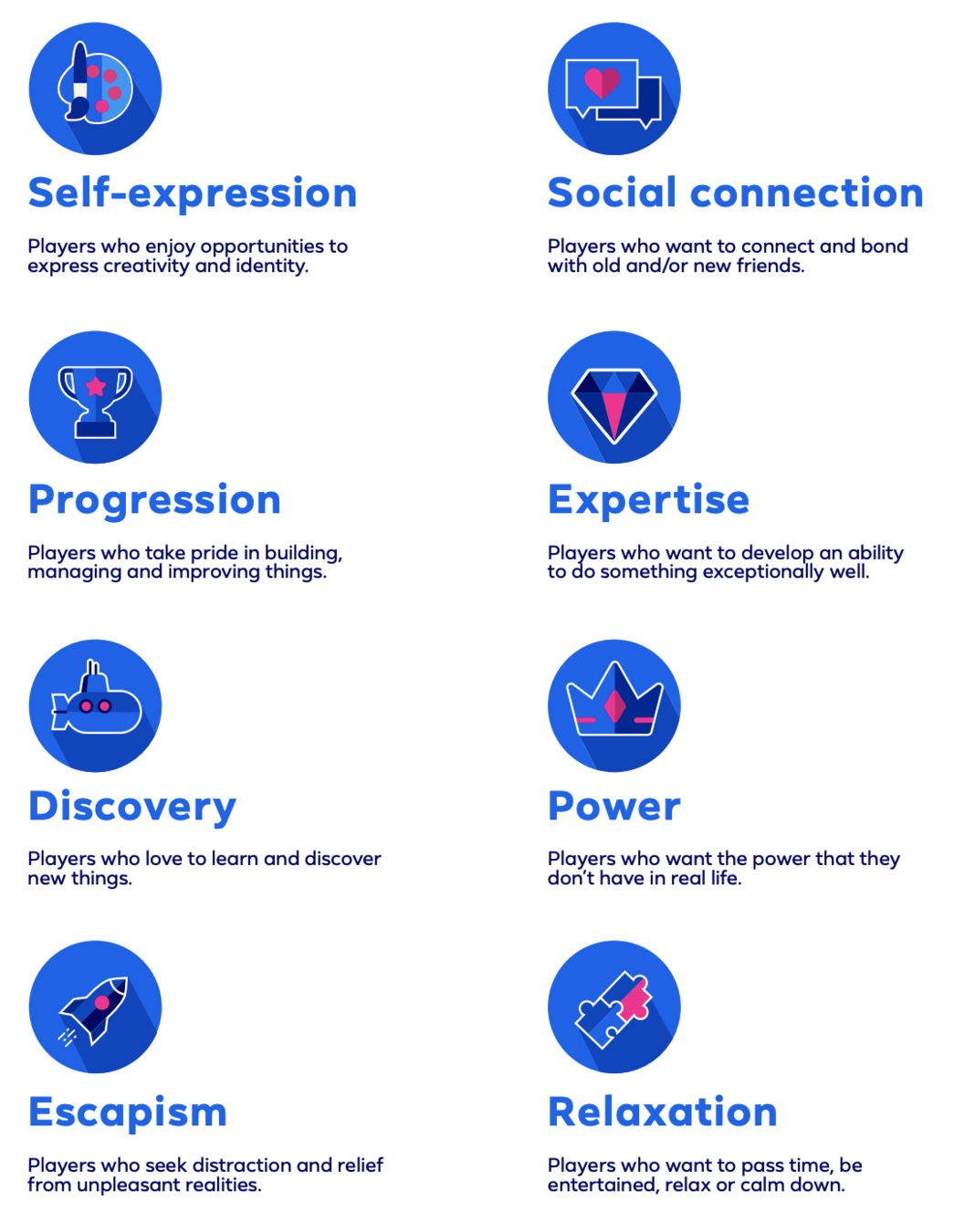
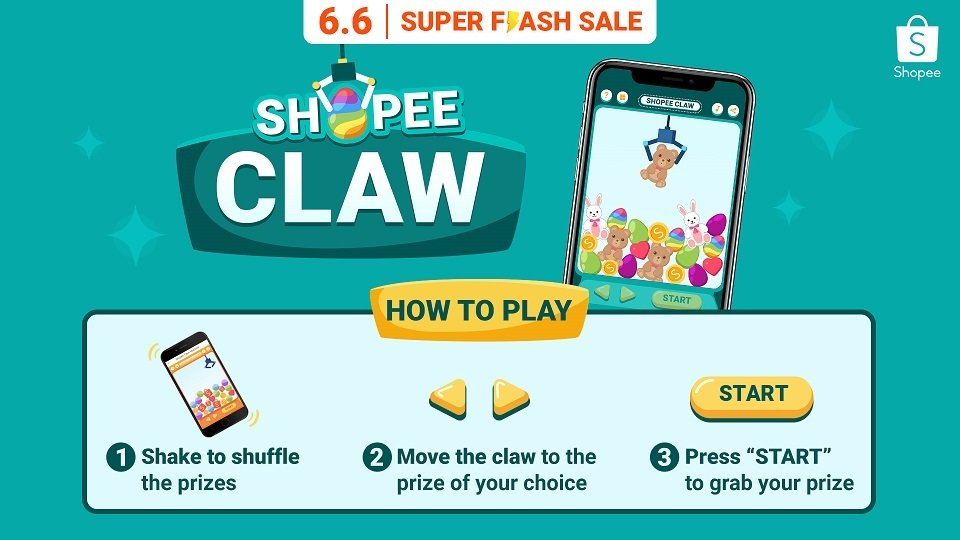
E-COMMERCE OLYMPICS
By taking the world's classic games and making them social, the Online Olympics will bring together nations across generations.
With the world's largest open tennis ladder competition, we will find the top players in each country, and bring them together for an olympics final, broadcasting the gameplay for all the world to see. This could be executed exclusively or inclusively with Microsoft e-commerce partners across the globe.


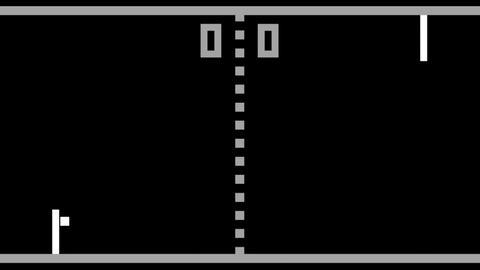
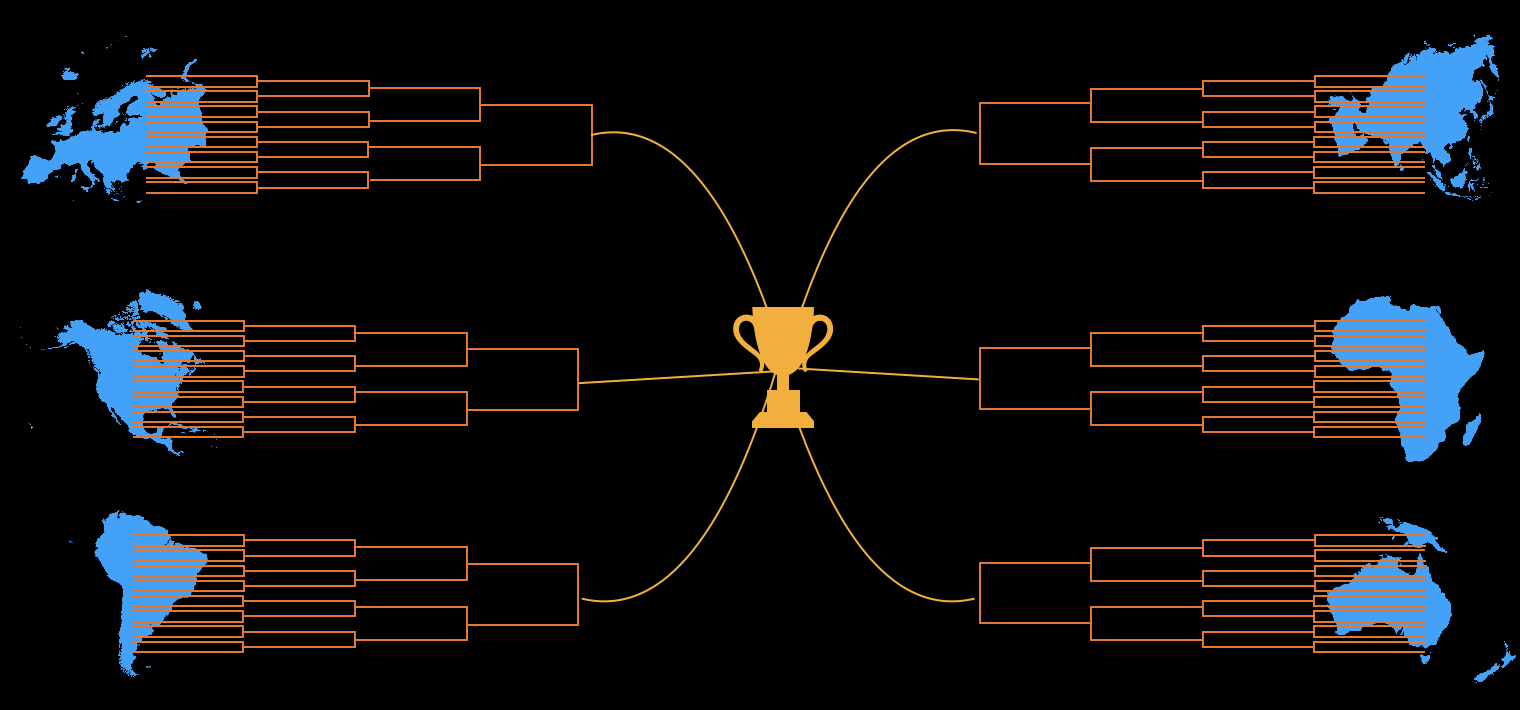

GRAB universe
GRAB Universe
This is the biggest idea that I am excited to share with you, which has the opportunity to
- revolutionise Grab's business,
- add a huge new ecosystem for Microsoft and its partners,
- and revolutionise the Internet as we know it today.
Before the Internet era, consumers were happy to pay for content.
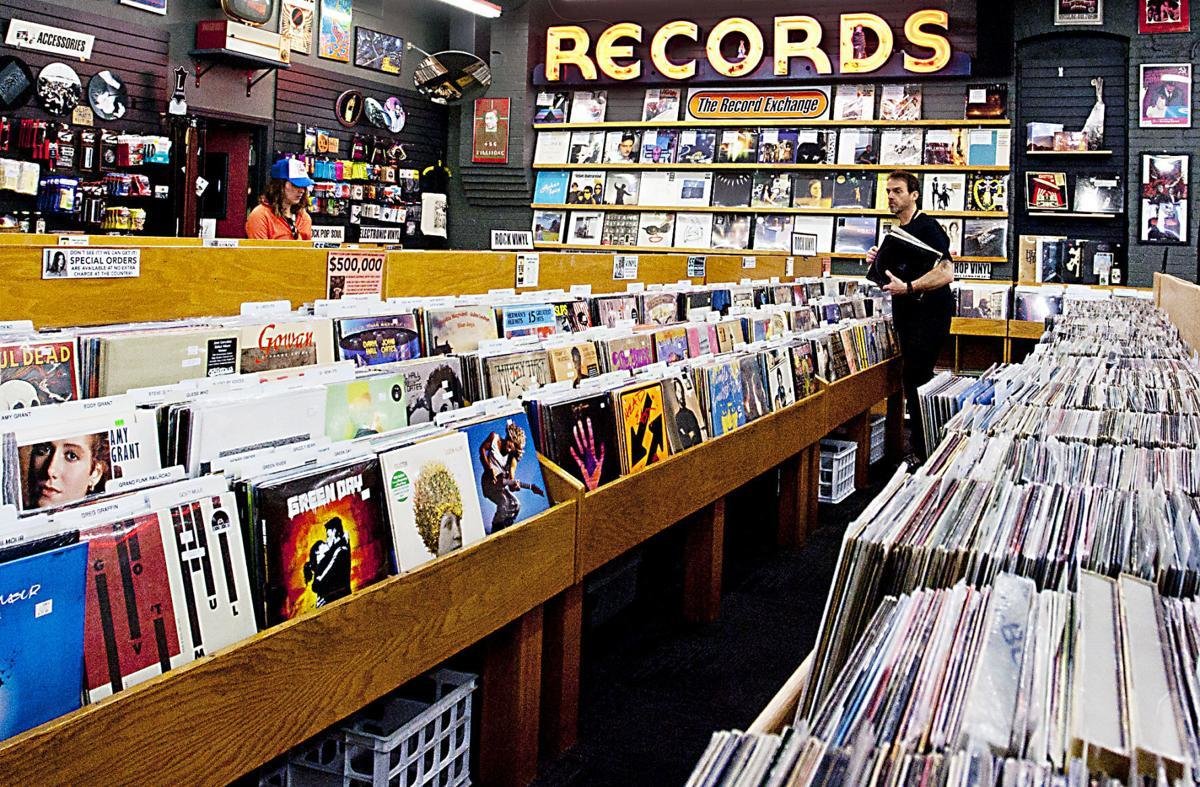
GRAB Universe
In the current Internet Era, people get content for free, in exchange for their data
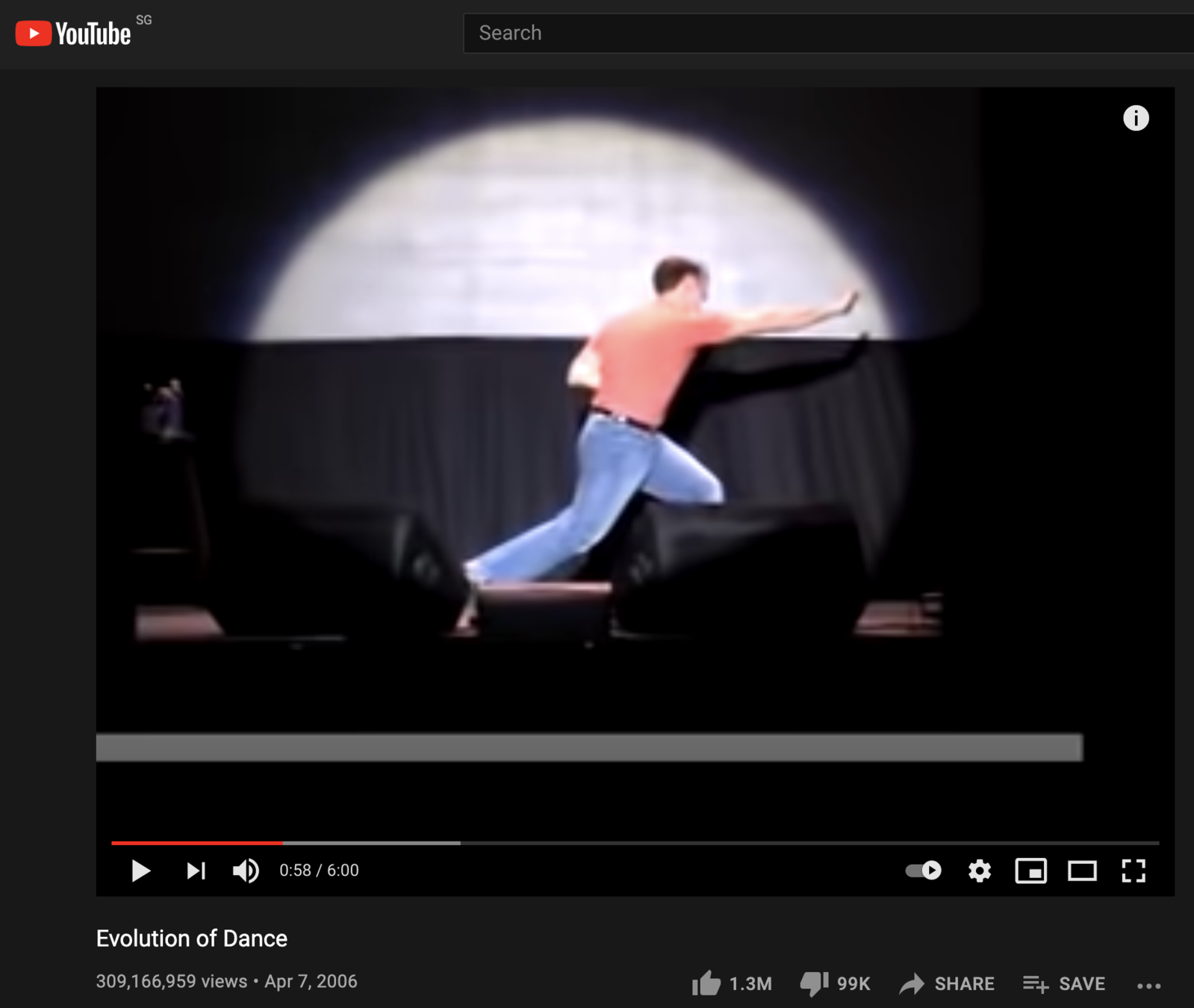

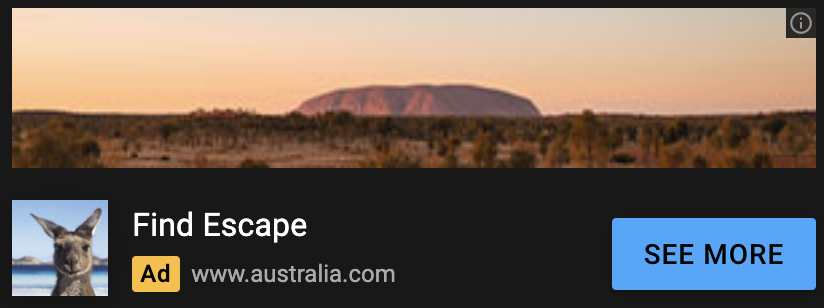
GRAB Universe
But Users are starting to wake up and realise that their data and privacy is valuable...
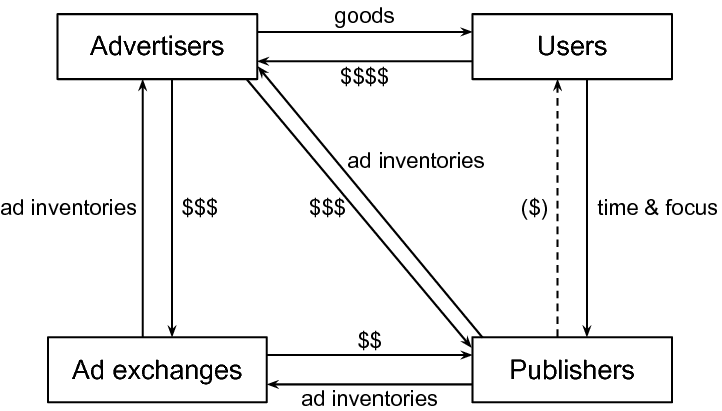

GRAB Universe
Indeed, even the grandfather of the Internet Sir Tim Berners-Lee is on a similar mission...
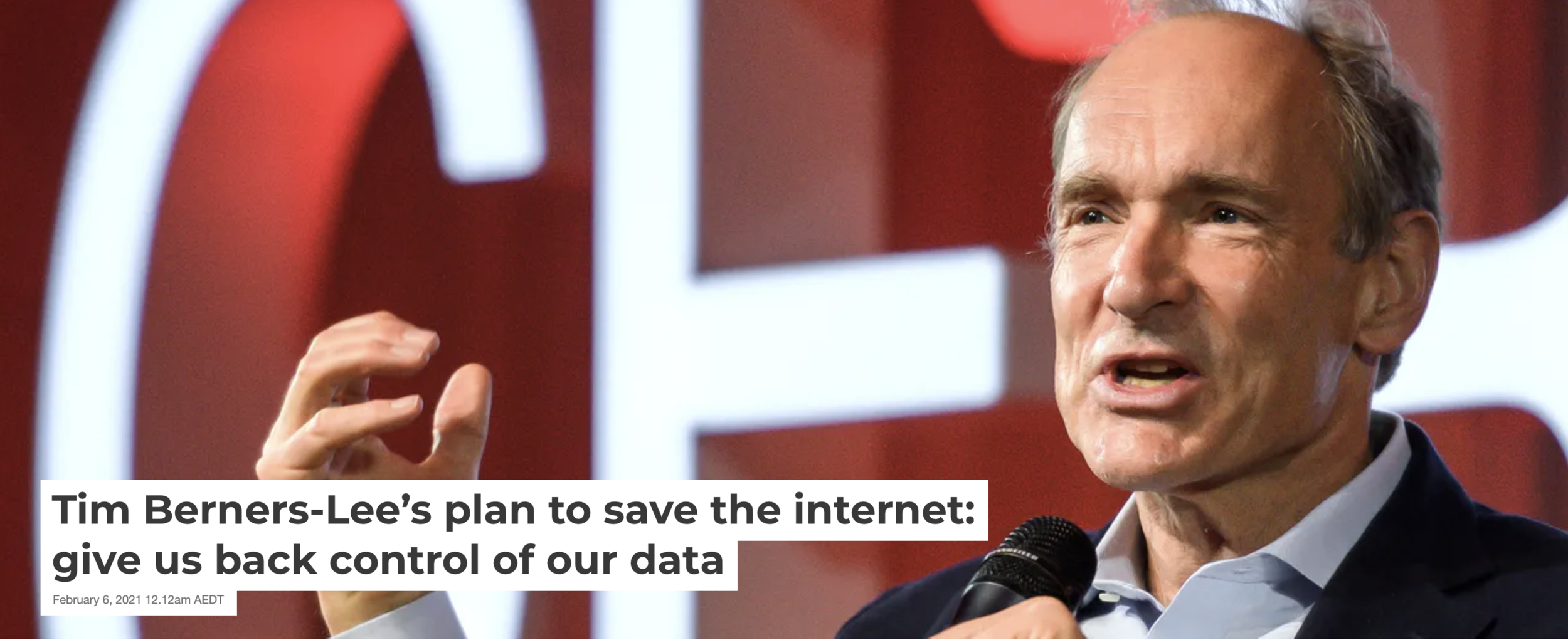
GRAB Universe
Tim's company inrupt.com is driving user awareness of the value stored in their own data
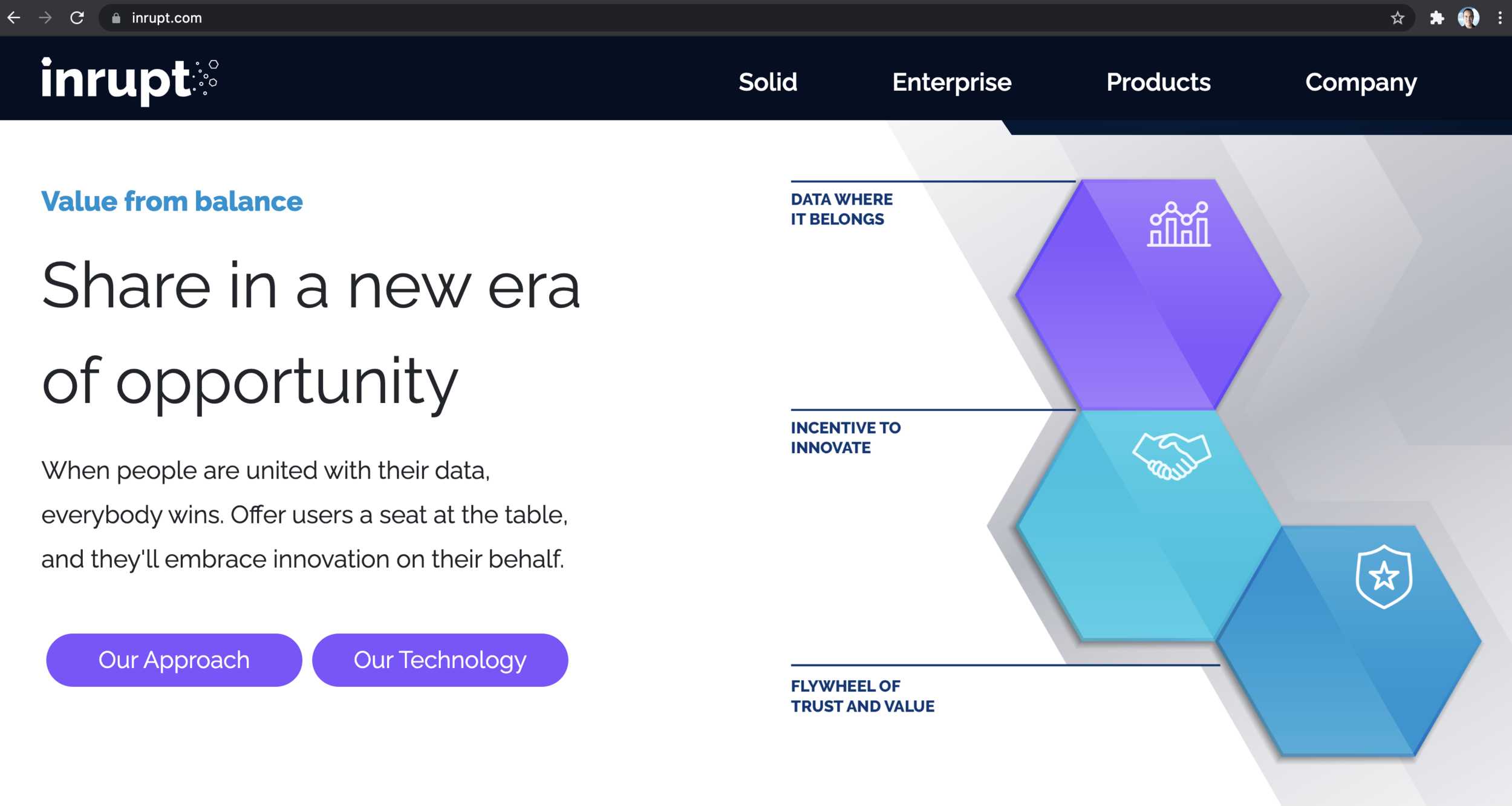
GRAB Universe
...and in the current model, the average content creator makes a tiny pittance for their work.
WHY?
Because the advertiser and publisher selfishly retain all of the money and data.
BECAUSE THEY CAN.
GRAB Universe
So let's change all of that.
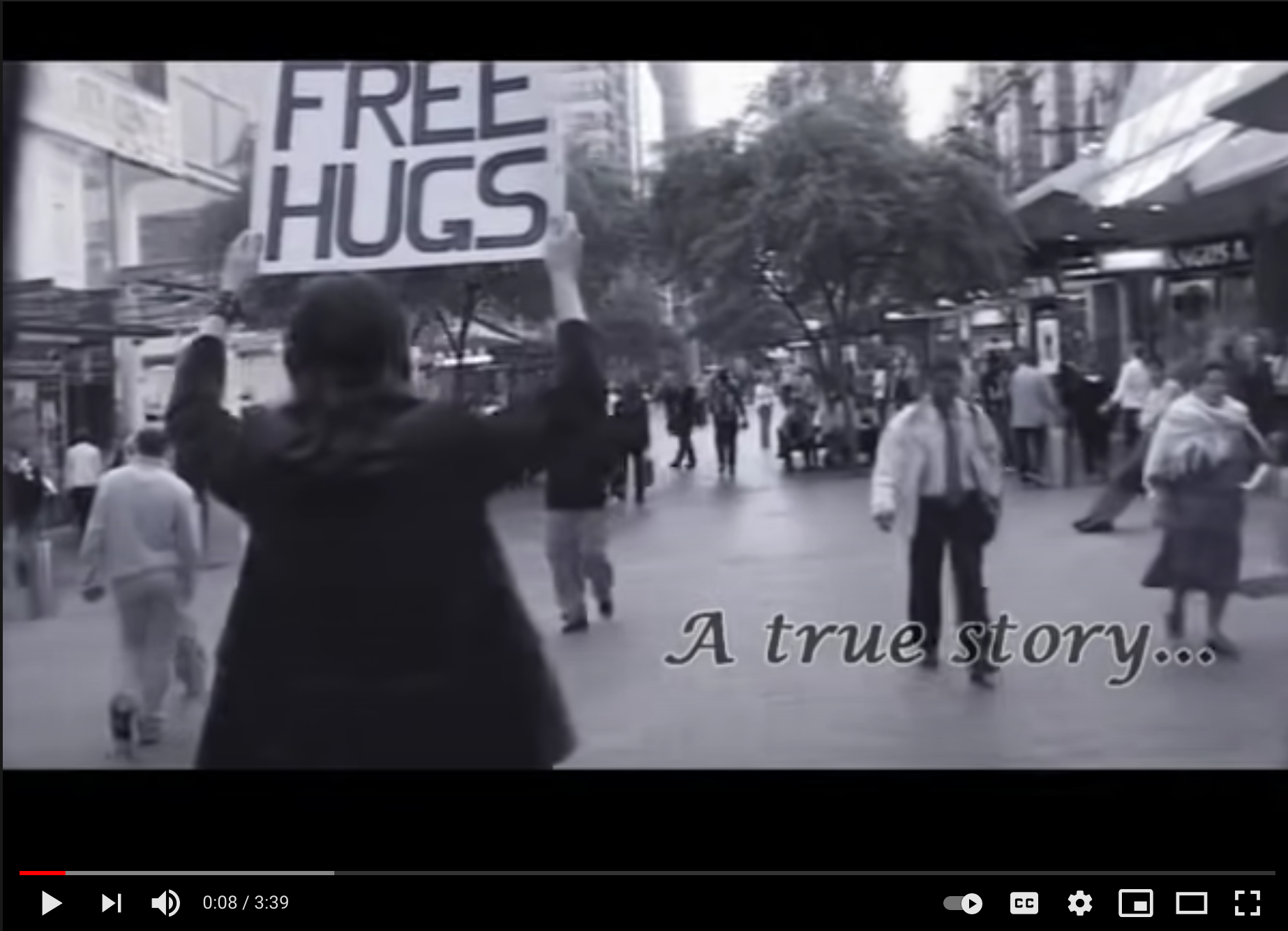

Imagine if next to every video you saw online there was a little $ sign:

"Online Busking"
GRAB Universe

"Online Busking"
The problem with this idea is that the transaction costs exceed the amount of money people would want to donate.
But if we could get past that problem, then we could literally turn the

Internet into a marketplace
GRAB Universe
Bringing all of these concepts together:
We need an advertiser publisher ecosystem that rewards users for sharing their data
We need a platform that stores value with zero transaction costs
We need a way to access the Internet that enables the "Busker Marketplace"
(now the name Grab Universe starts to make sense...)
GRAB Universe
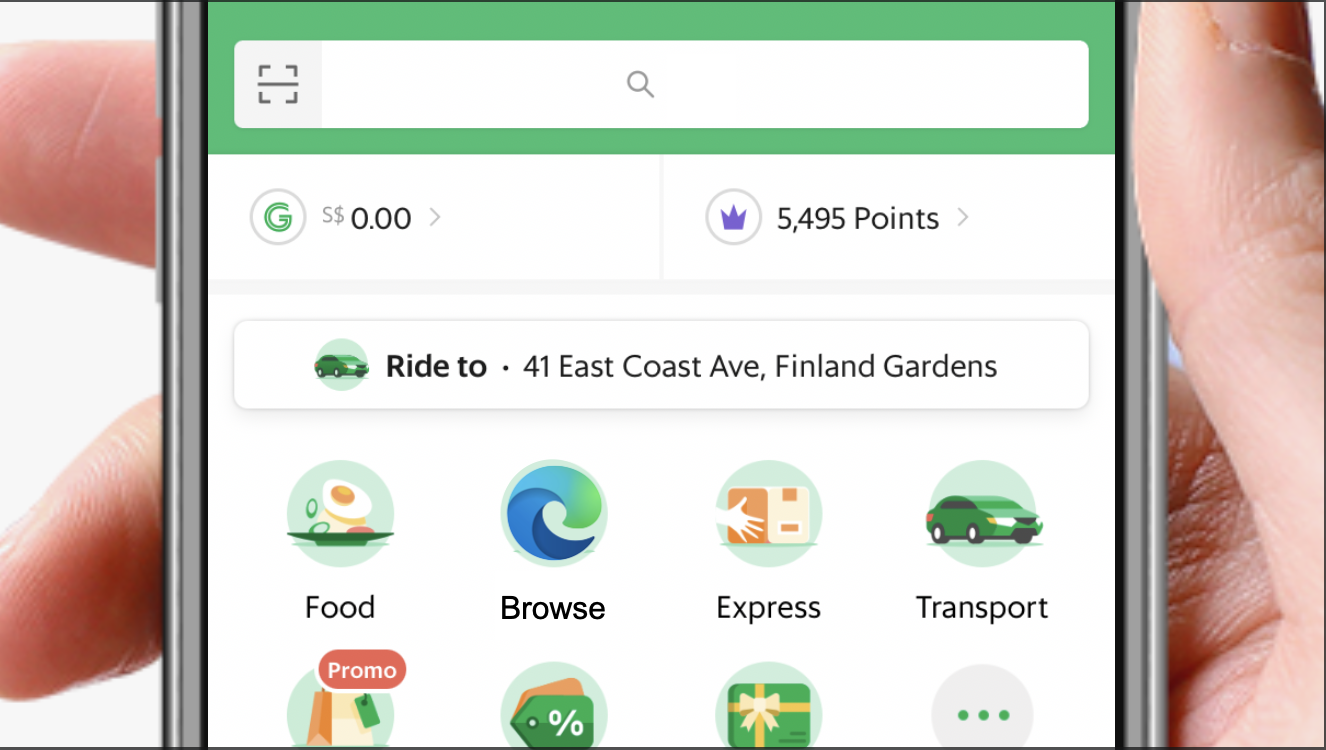
Grab points store real world value
Microsoft Edge embedded
GRAB Universe

With Edge embedded in the super app, we can enable an ecosystem that allows users to get value for any advertisement interaction and use their stored value to donate / transact.
Grab Edge encourages users to use this browser instead of other browsers because they can receive "cash back" for any interaction online for the exchange of their data with advertisers and publishers.
GRAB Universe

By encouraging users to exchange their personal data for "cash back" we can create even more value inside the ecosystem.
For example, if a user shares more data, they will be rewarded by getting more cash back.
Every user can create their own profile, and decide how much data they share, e.g. detailed demographics, shopping preferences, hobbies and interests - it turns the Internet into a focus group for advertisers!
GRAB Universe
- Users get rewarded for sharing their data
- Advertisers get qualified real data about users
- Content creators get rewarded directly by their fans
- Grab usage grows exponentially, who doesn't want free money??
- Microsoft Edge will become the most used browser first in SEA, then Asia, then the world...
Grab Universe creates shared value for everyone:
GRAB Universe
TECH TOPICS
spatial anchors
DIGITAL TWINS
COGNITIVE SERVICES
OPEN AI - COPILOT
spatial anchors
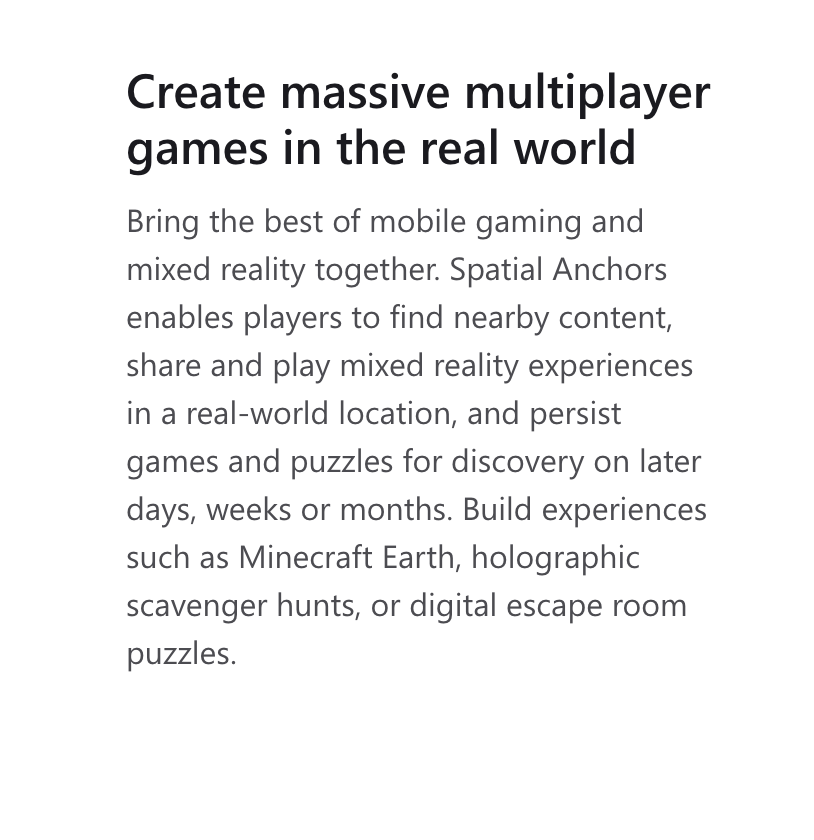

Not only for games, but for Grab. The ability to integrate spatial anchors at scale would be huge for their mapping.
This is the perfect stepping stone to Hololens since it works on phones for now and helps build everything for the extended reality future.
COGNITIVE SERVICES

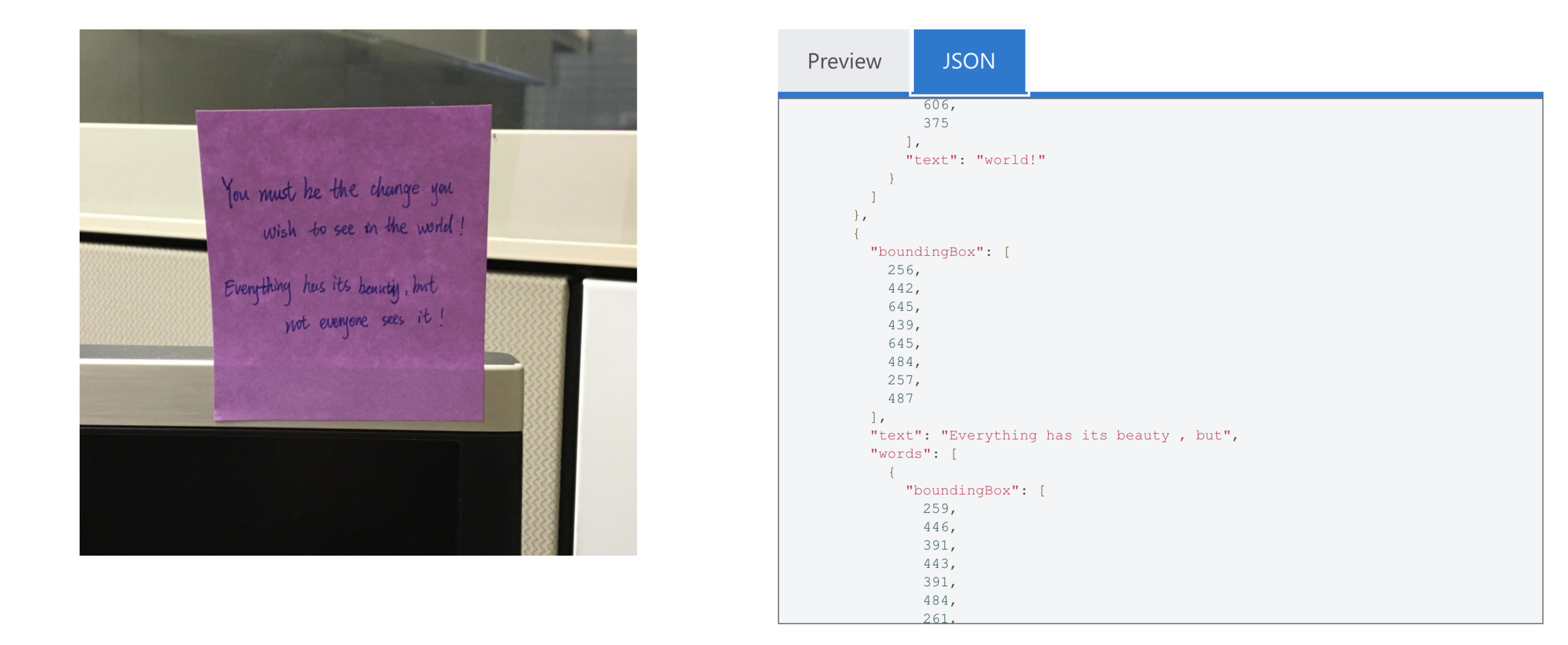
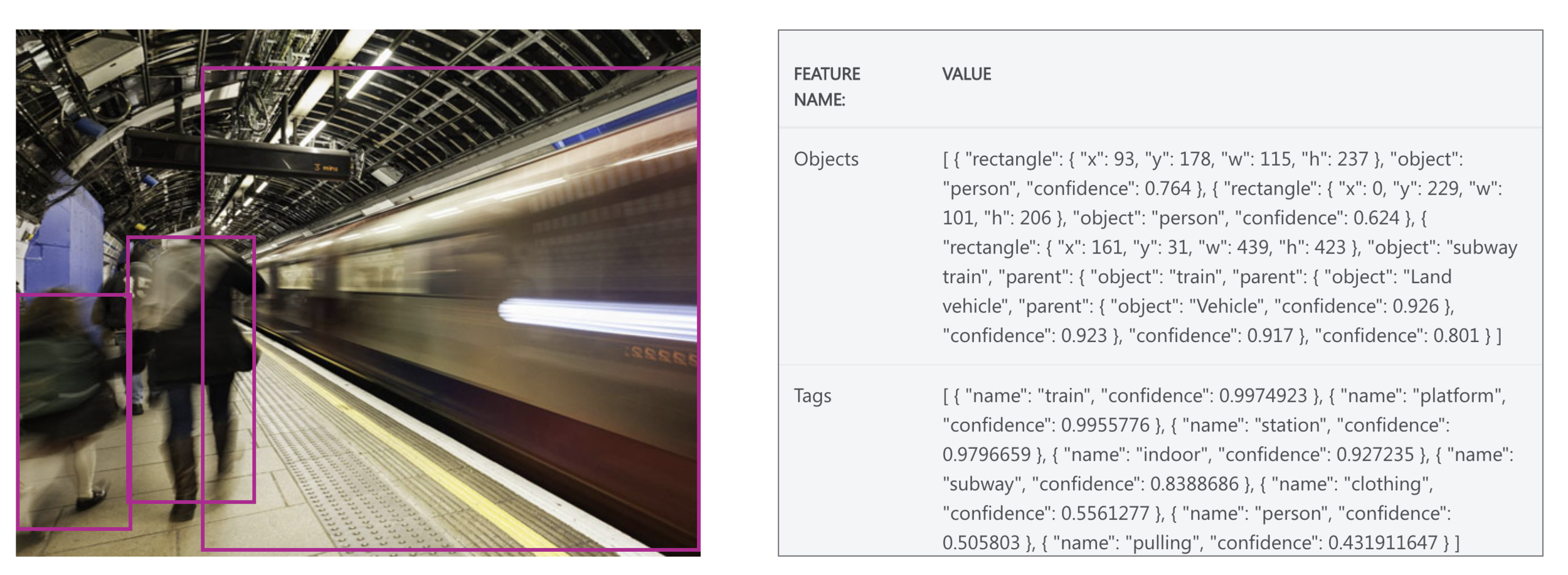
Well known in the industry to be world class, these cognitive services can greatly benefit all Digital Native companies for both geo mapping and also for detection of counterfeits, fake products, and so on.
OPEN AI - COPILOT
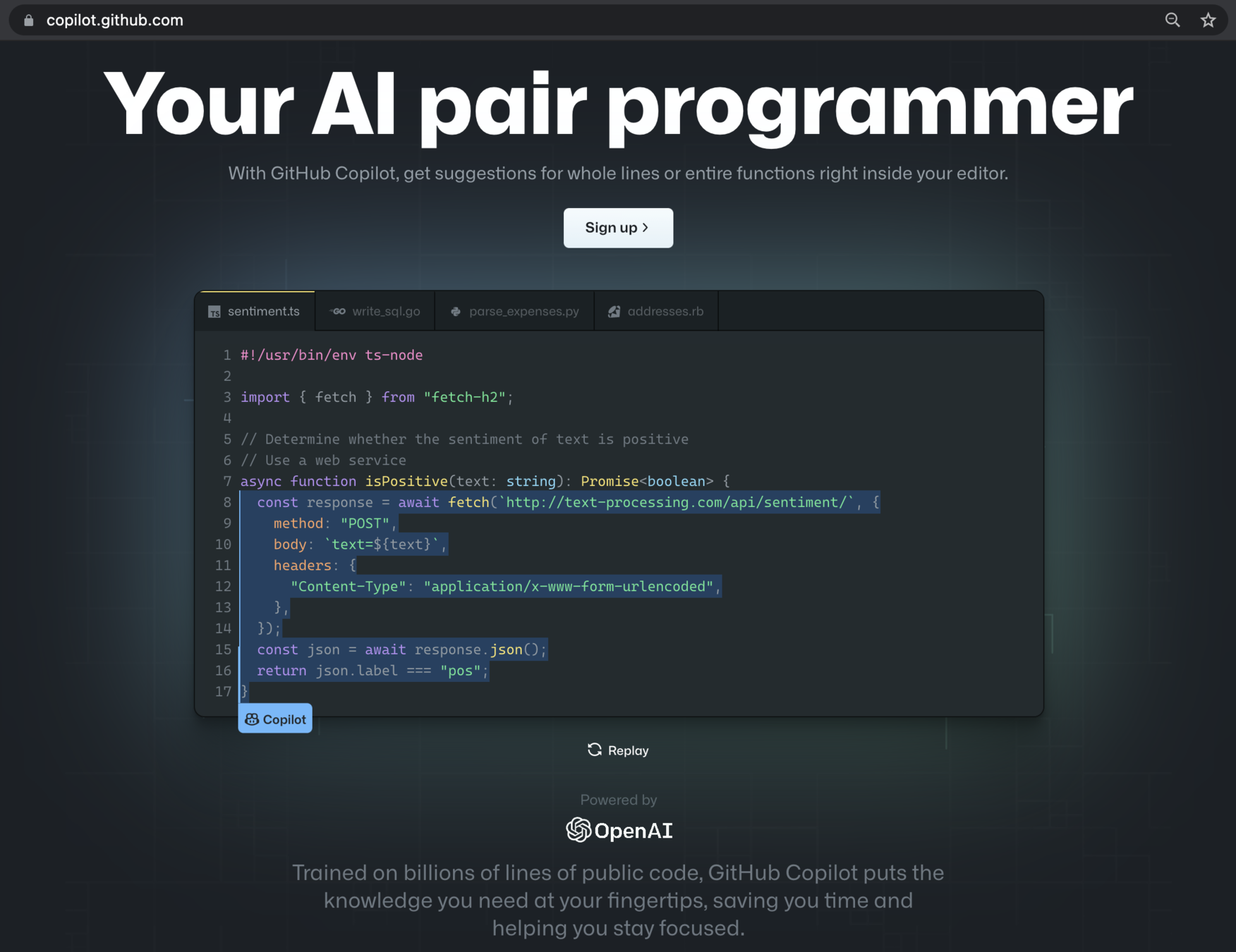
Huge opportunity to help support development for Digital Native and will only get better over time.
Possible to integrate and/or leverage from CoPilot into Power Apps
DIGITAL TWINS
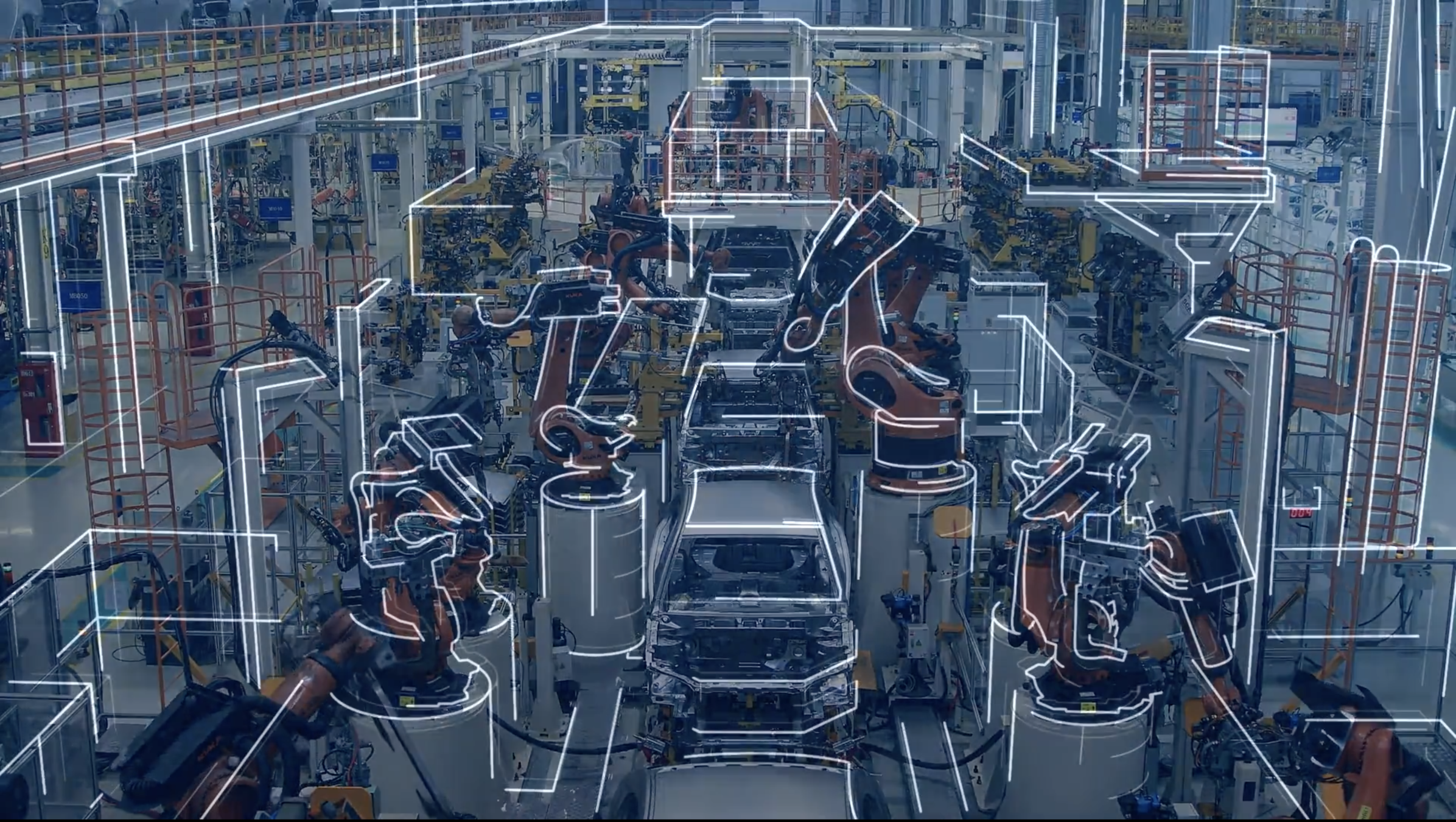
Beyond Element 6, Digital Twins are pretty nascent but growing in interest across every sector - lots of opportunity
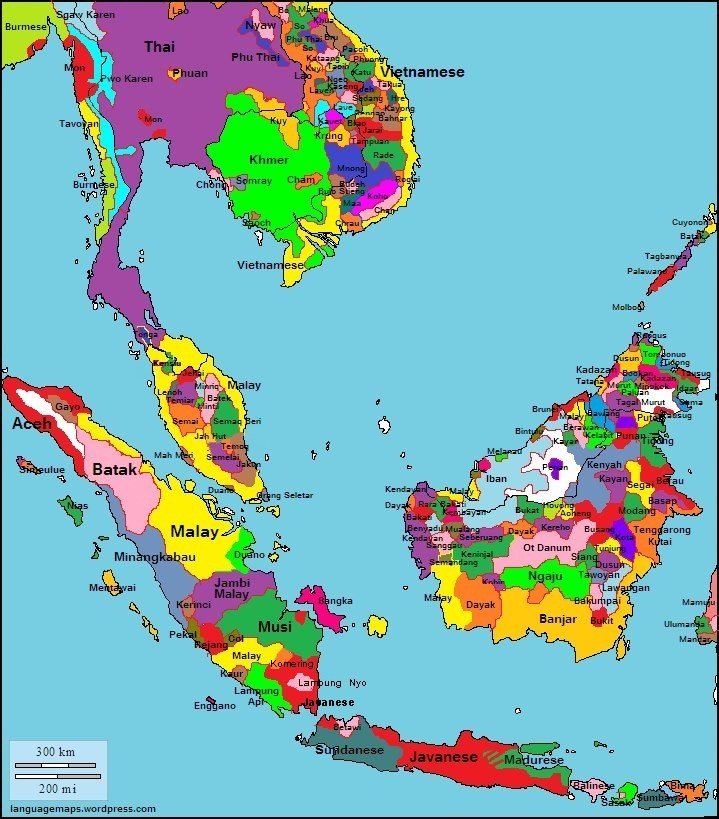
hyper local SEA
hyper local SEA
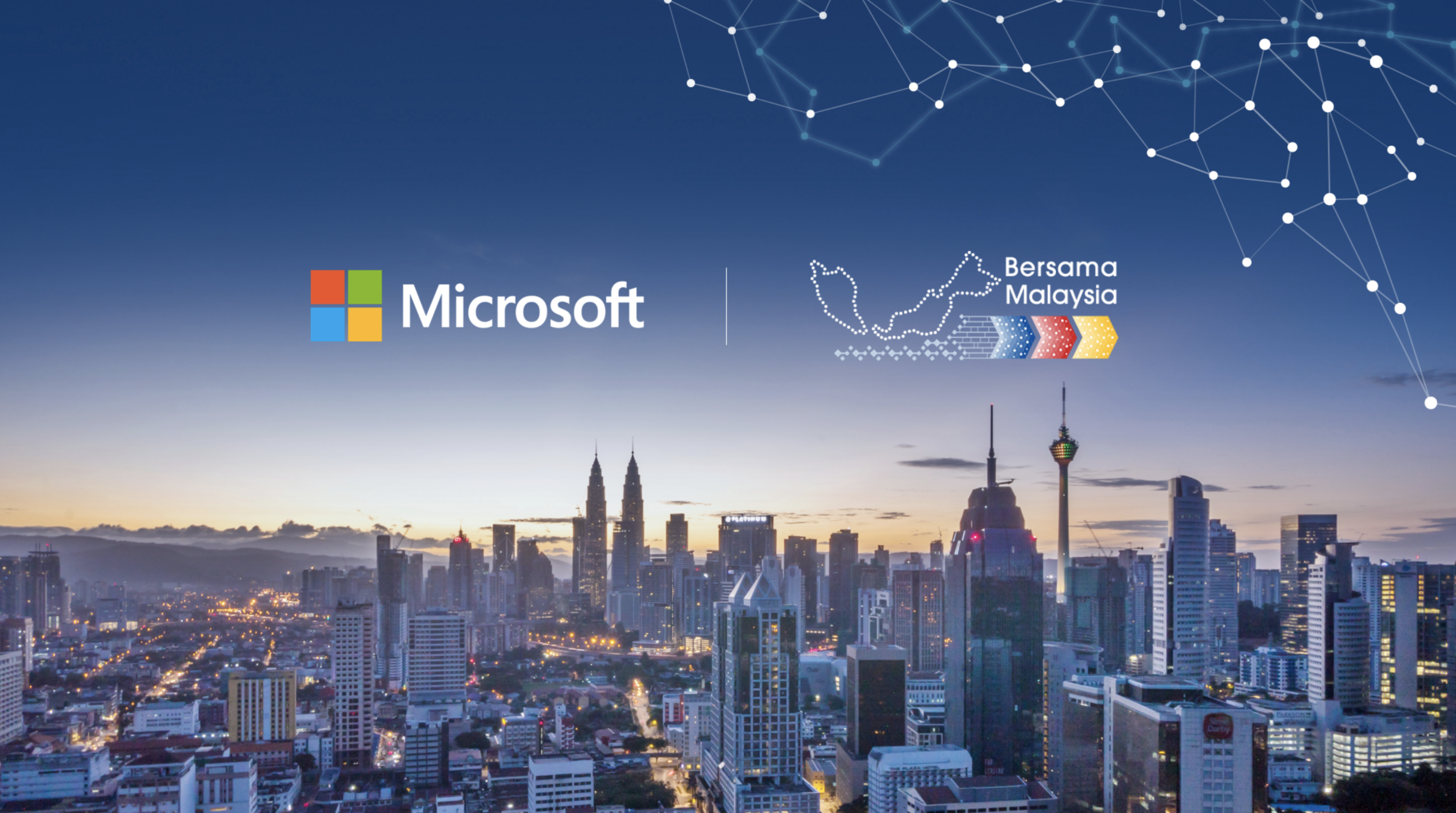
hyper local SEA
With the launch of the new data center in Malaysia, huge opportunities await - however - there needs to be a lot more localisation to take place in order to deliver the potential benefits across SEA.
There is a lot of great tech, but as soon as step outside of Singapore, none of it is localised for Vietnam, Thailand... if Microsoft really wants to win in SEA we will need to become hyper local.
